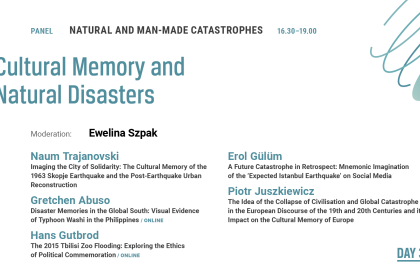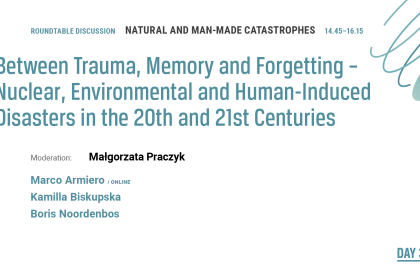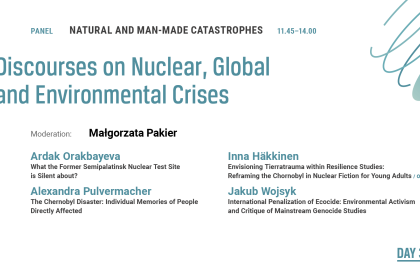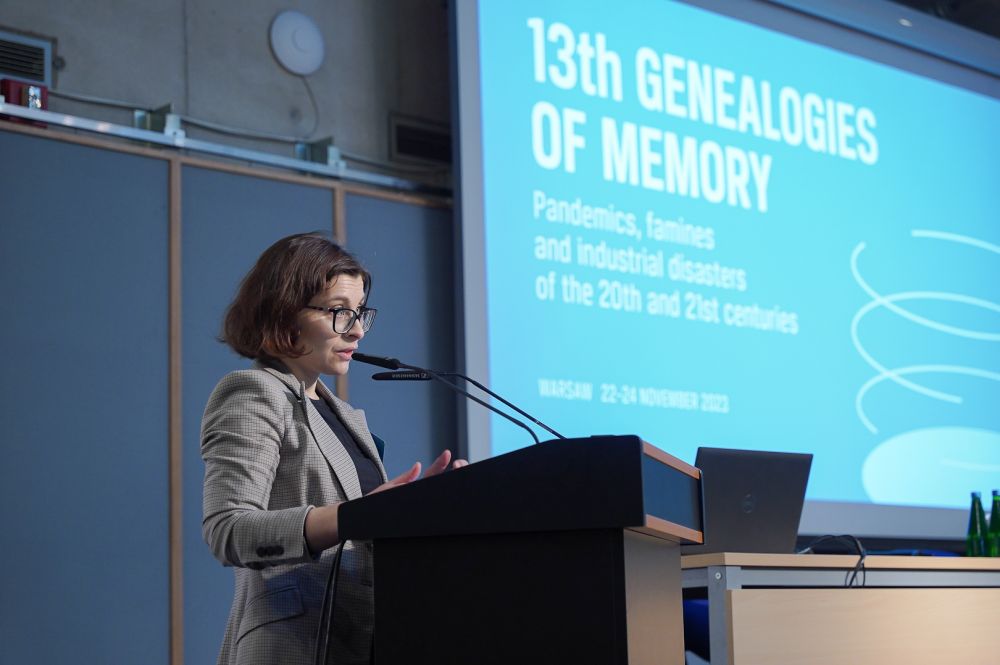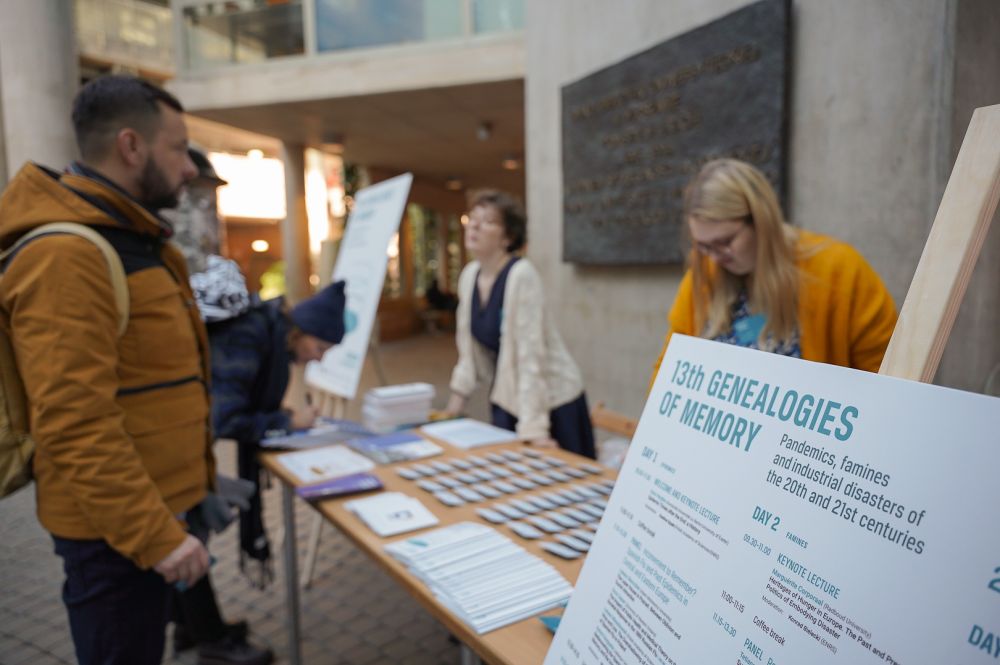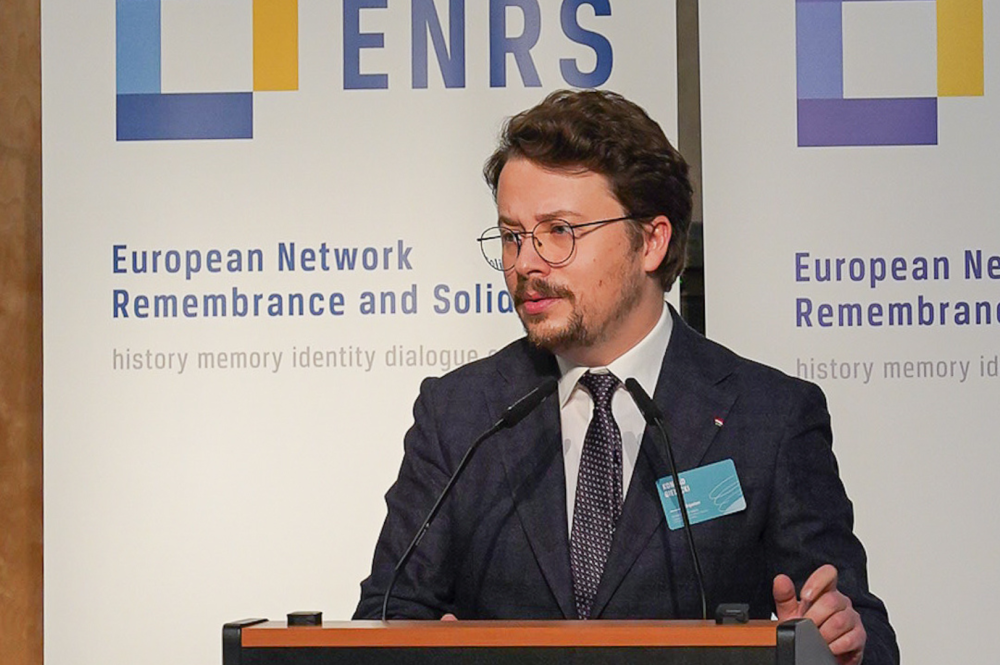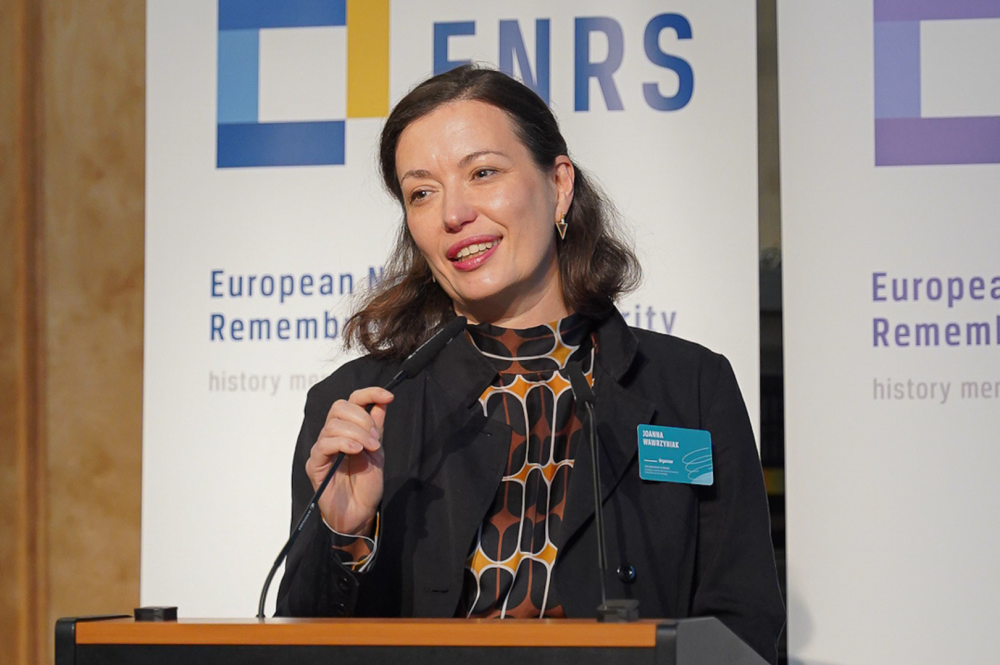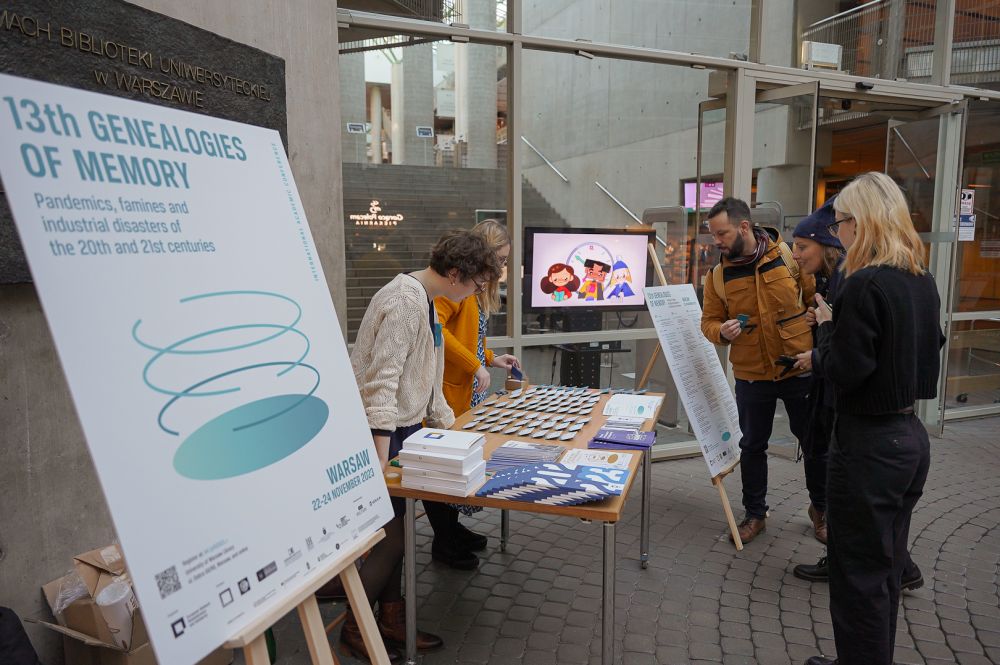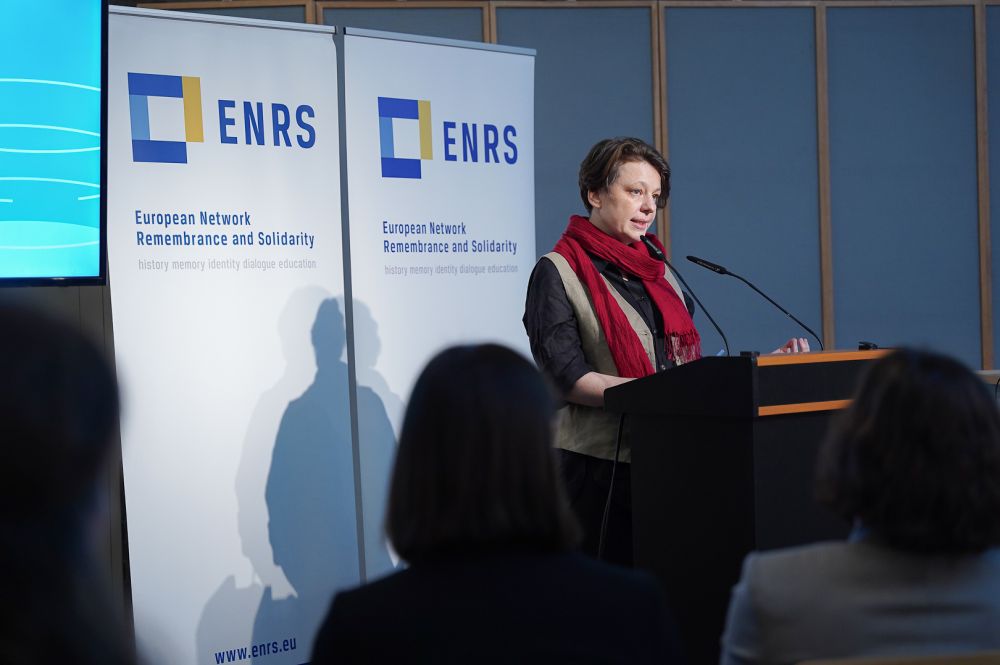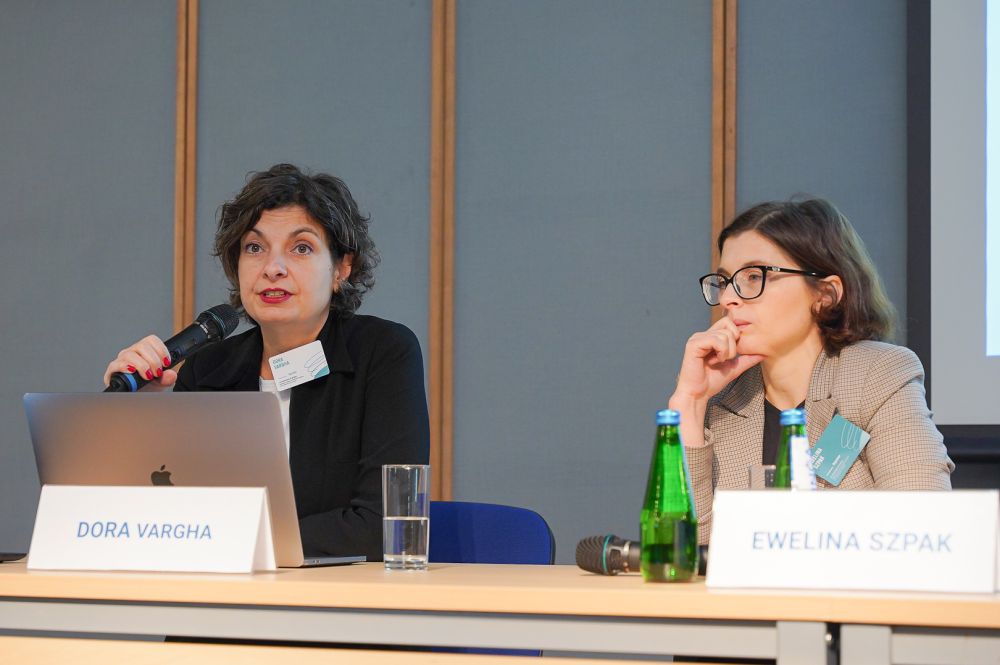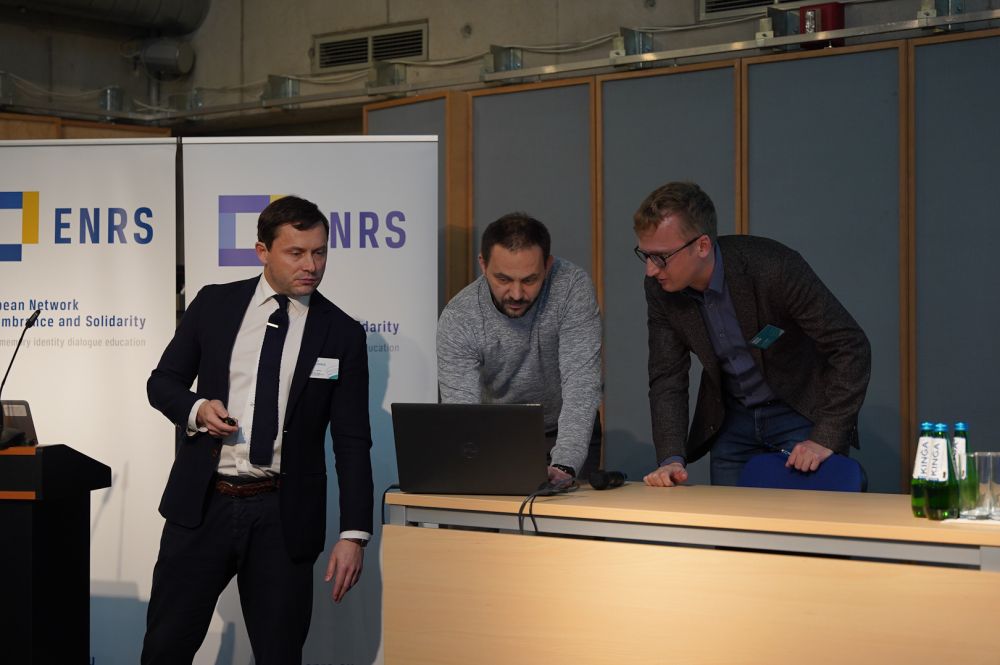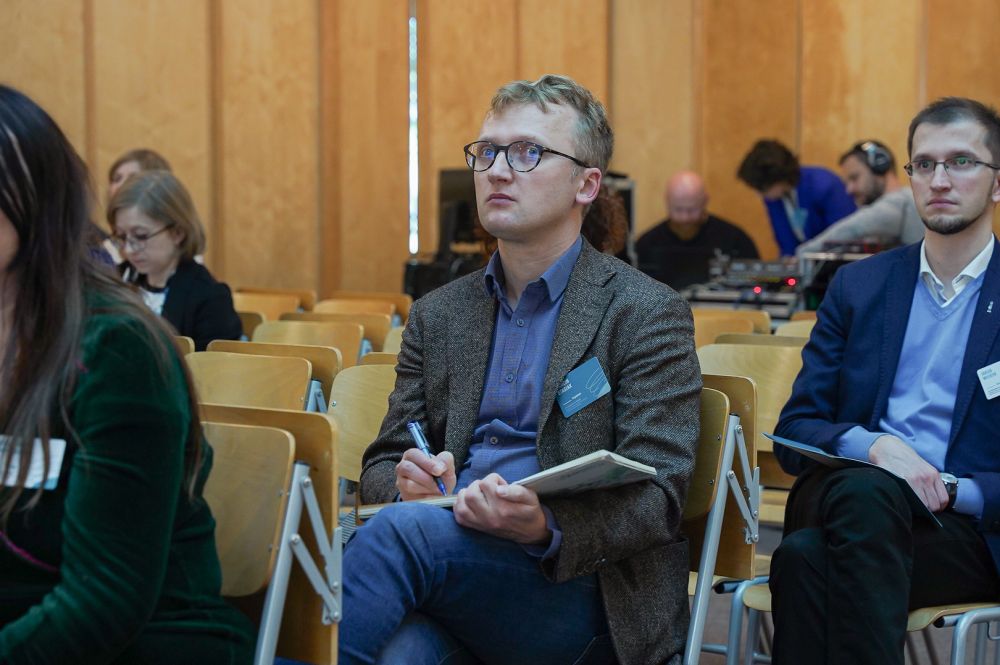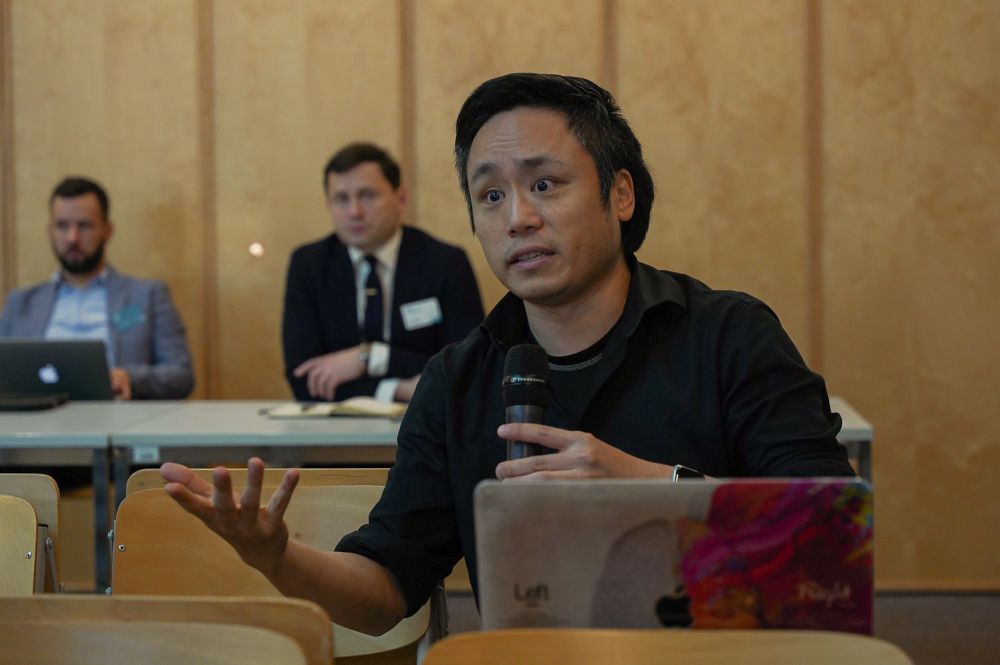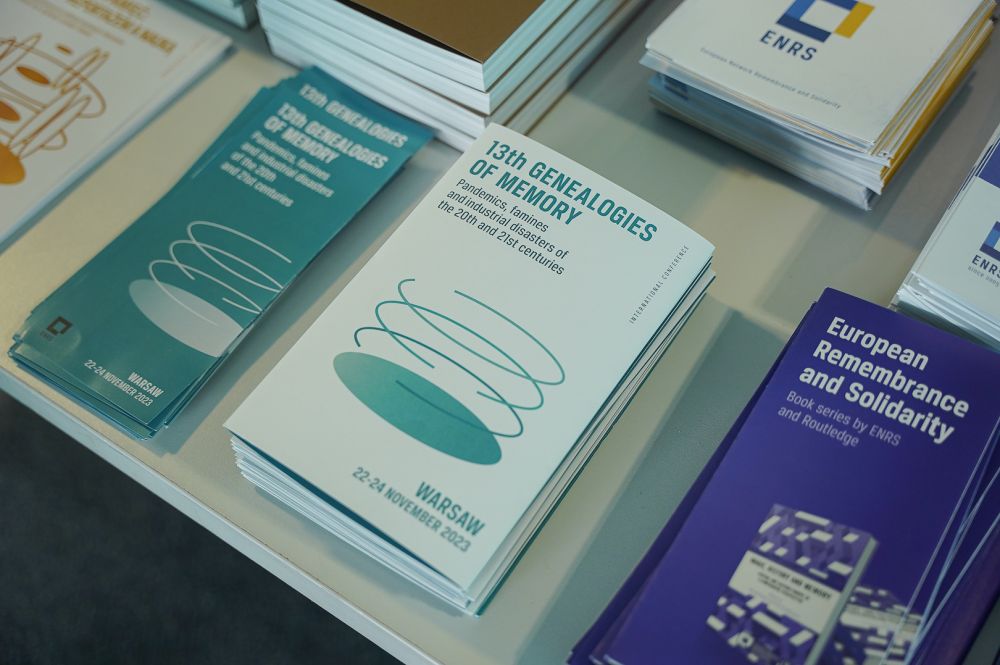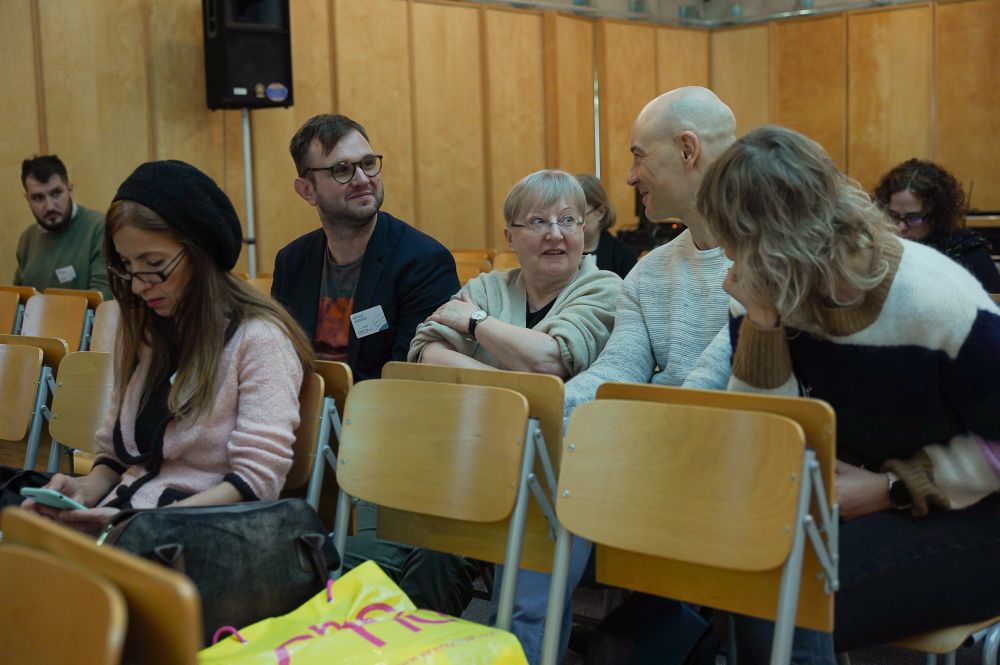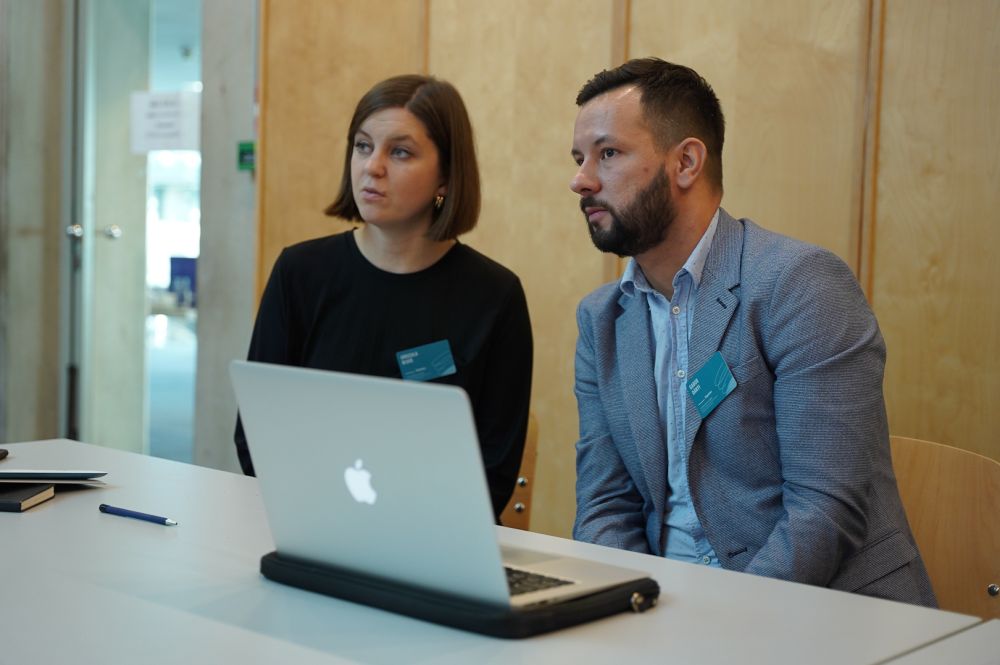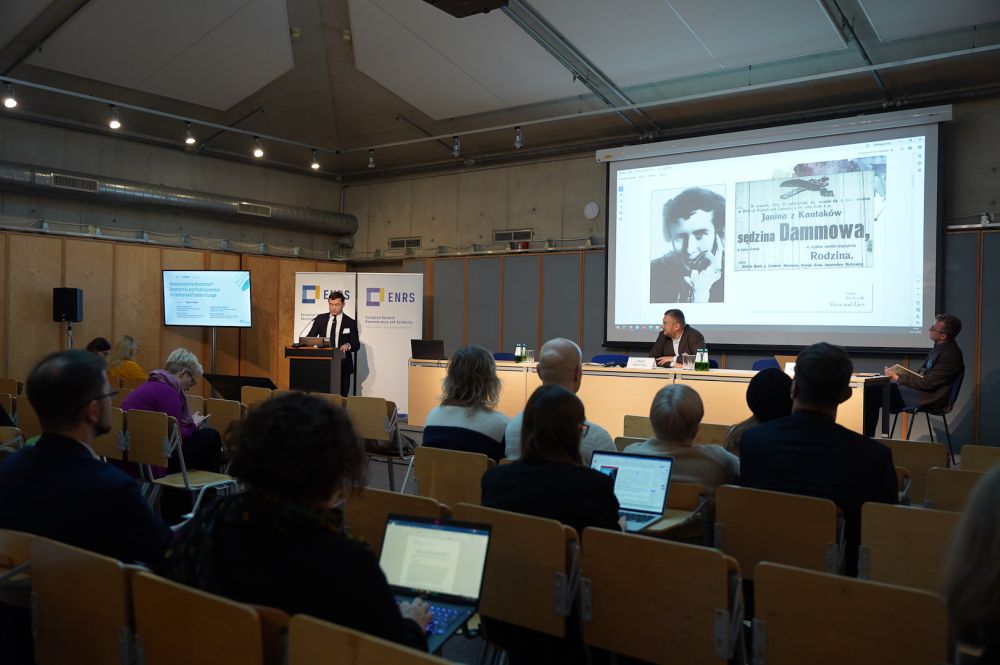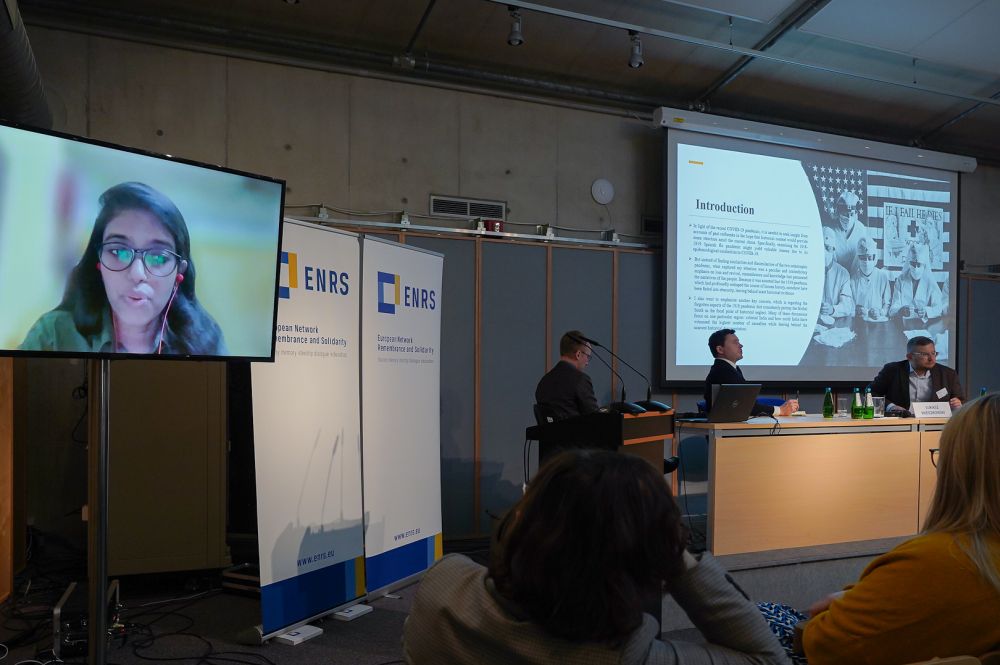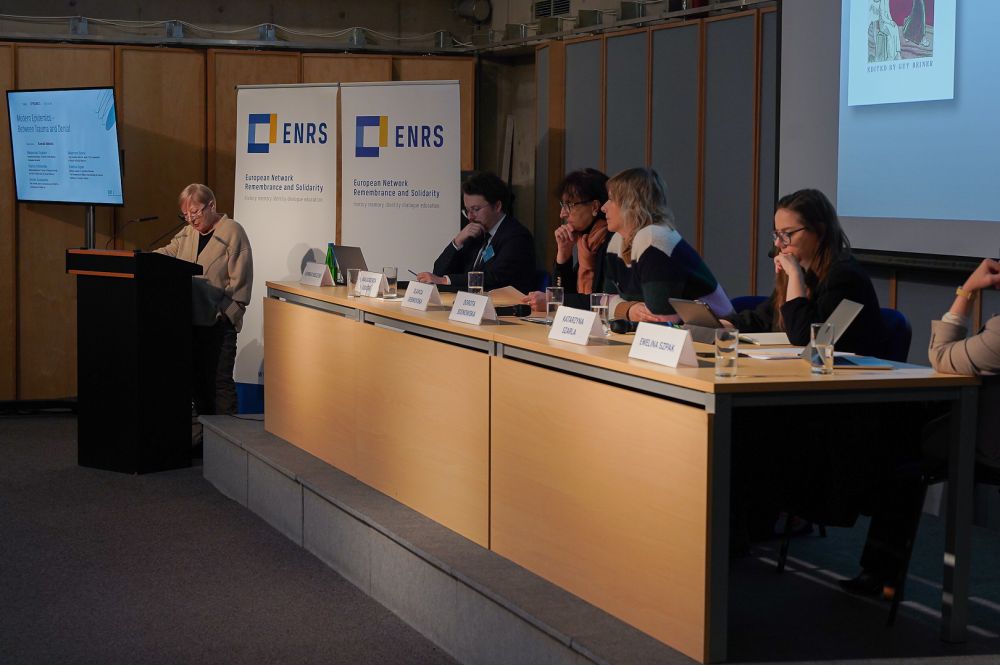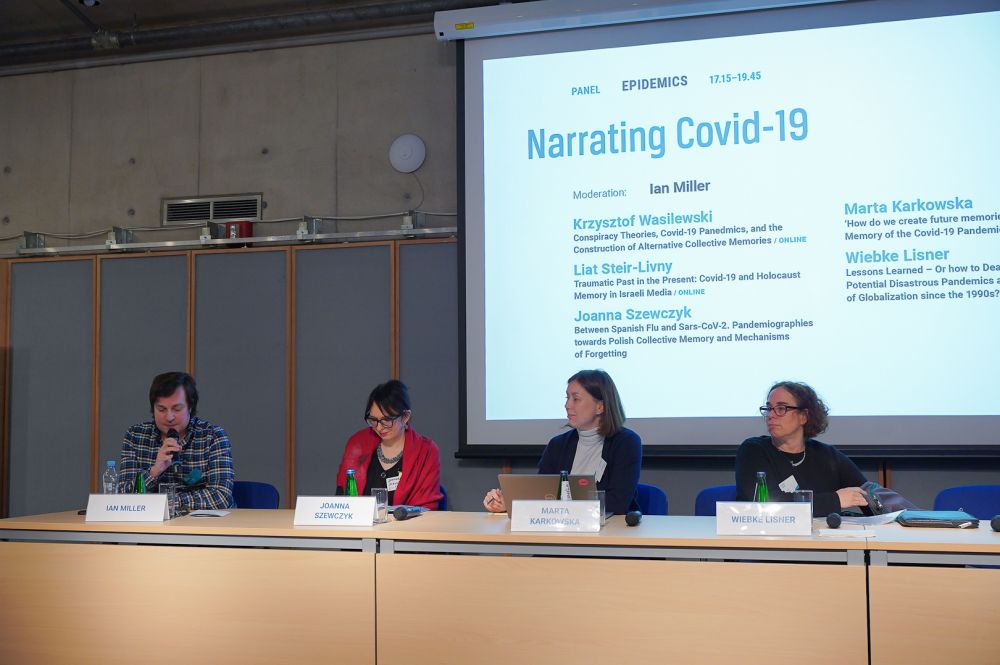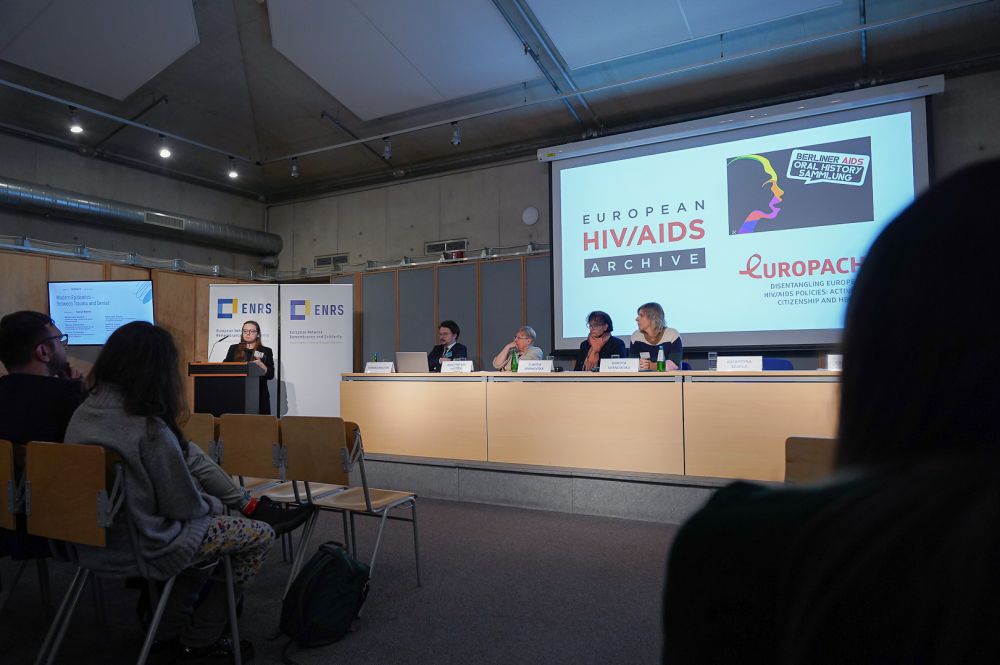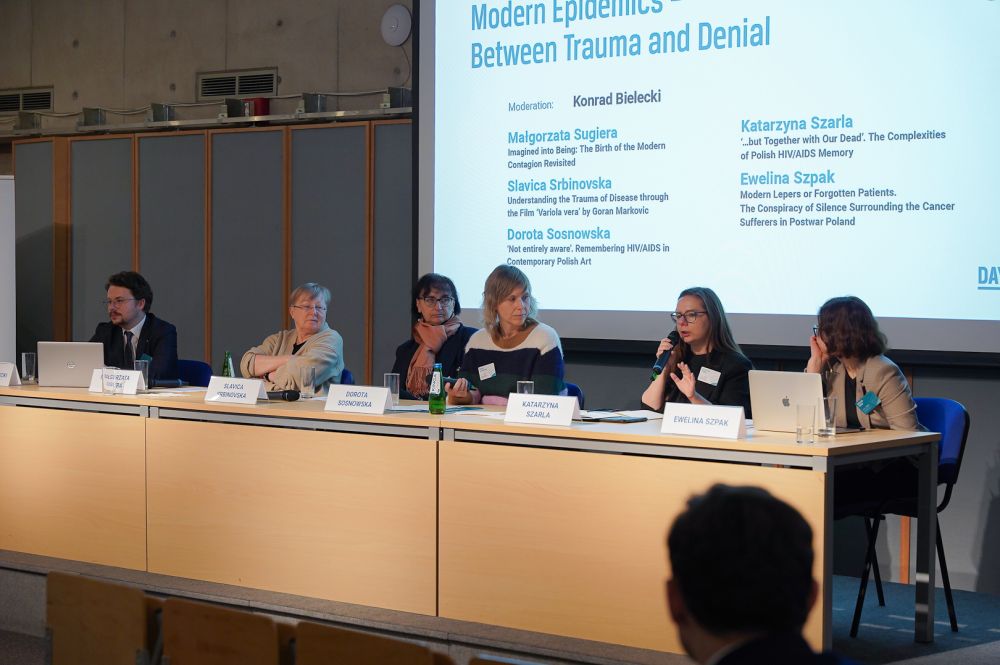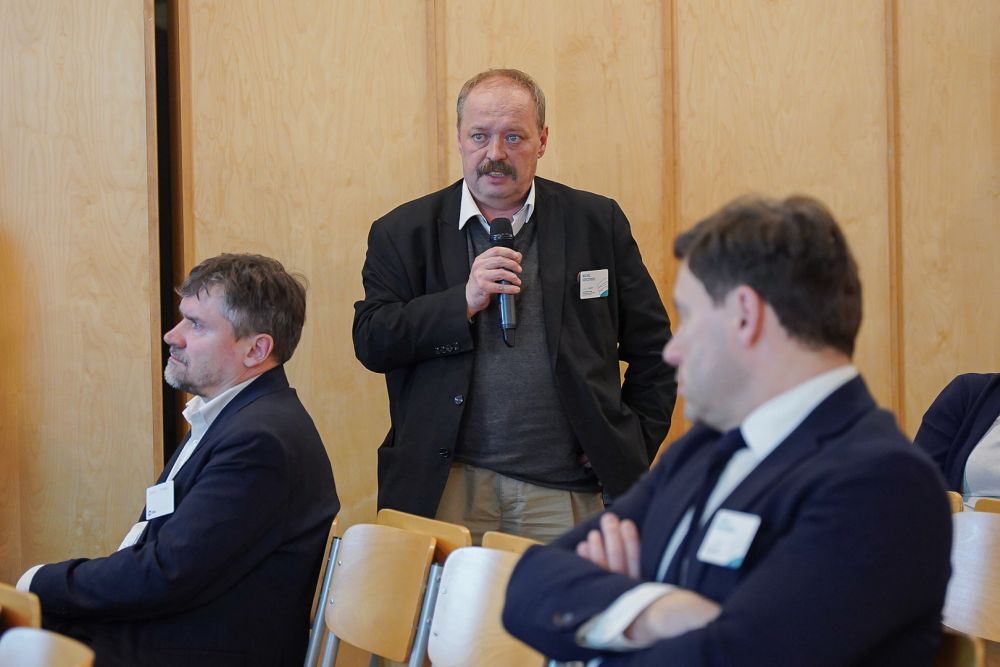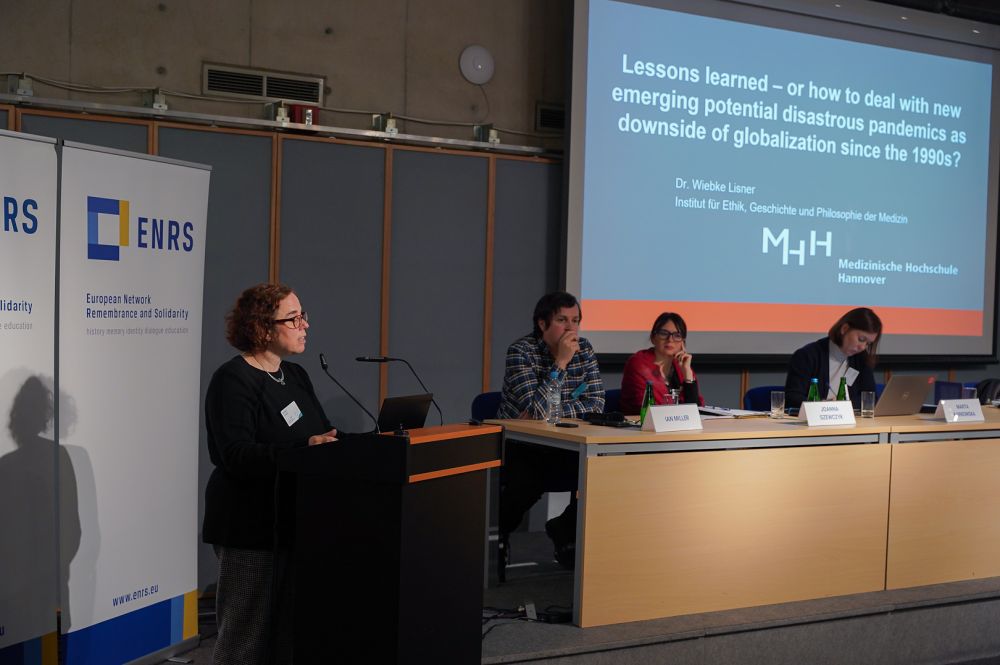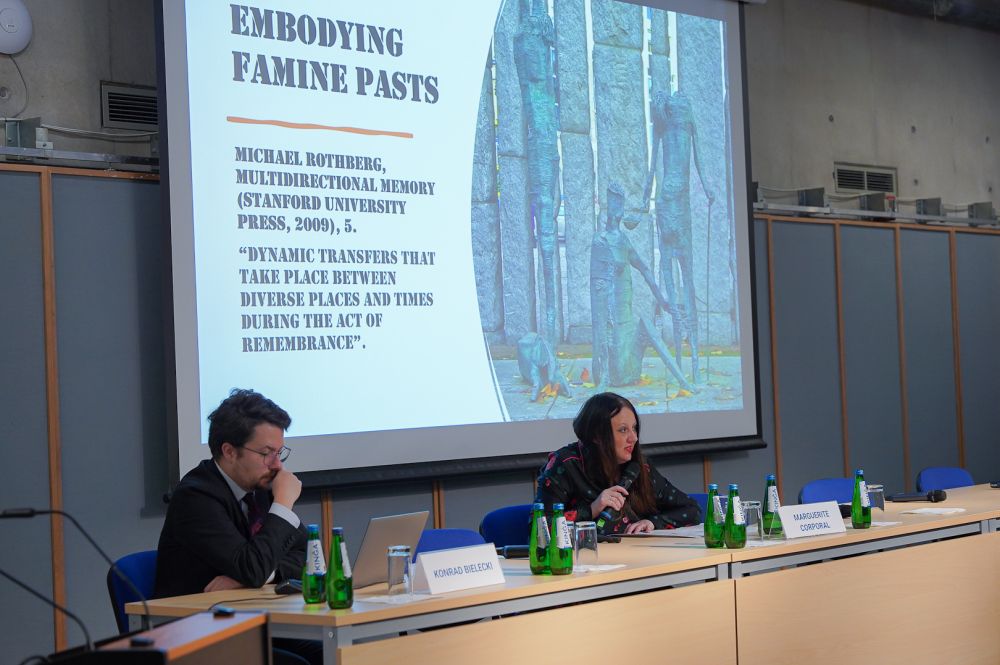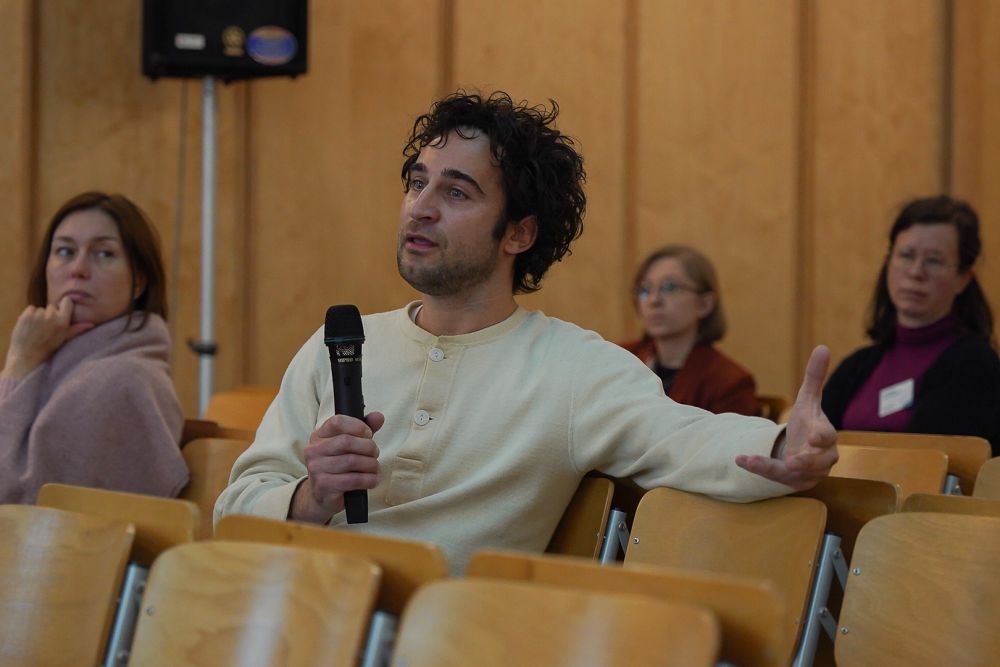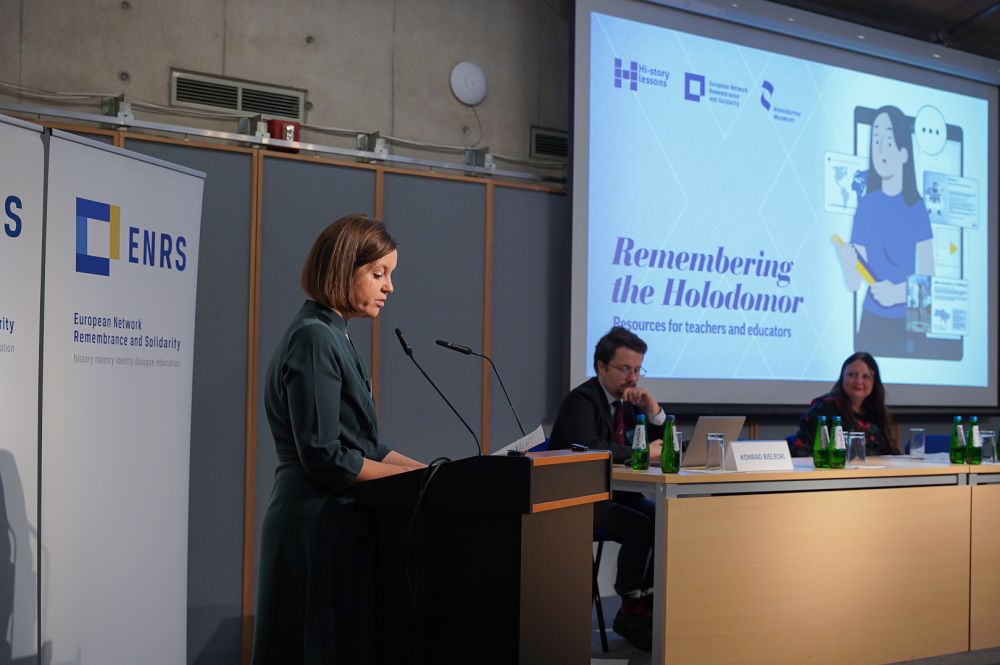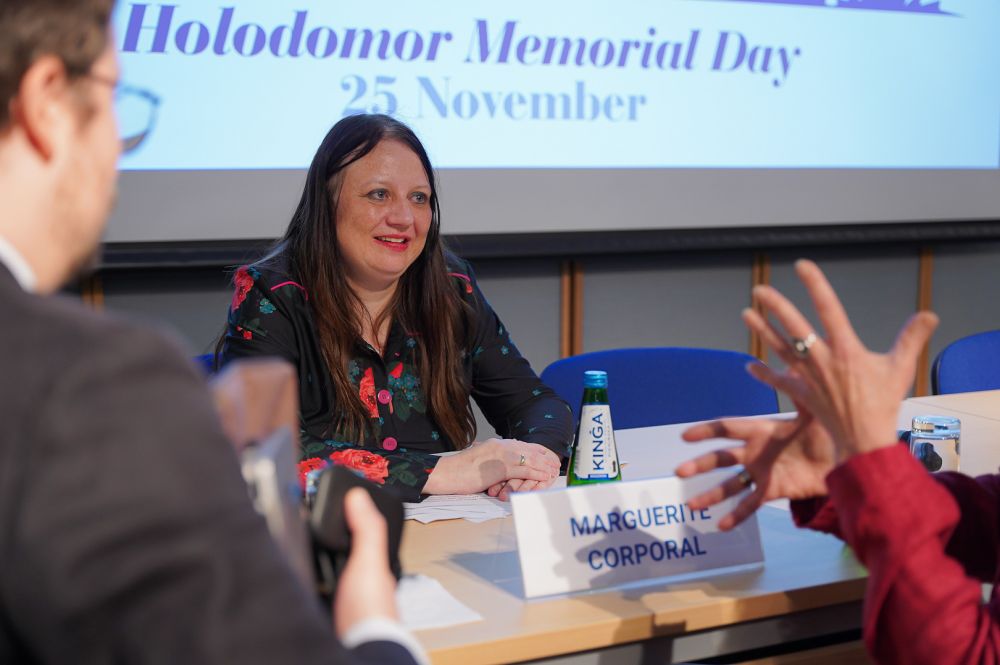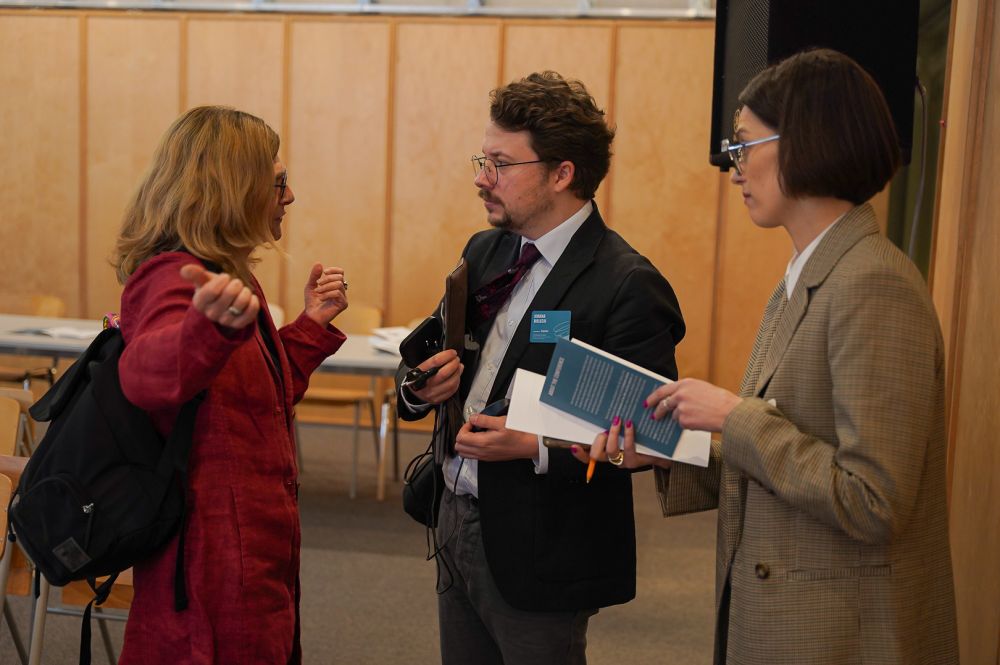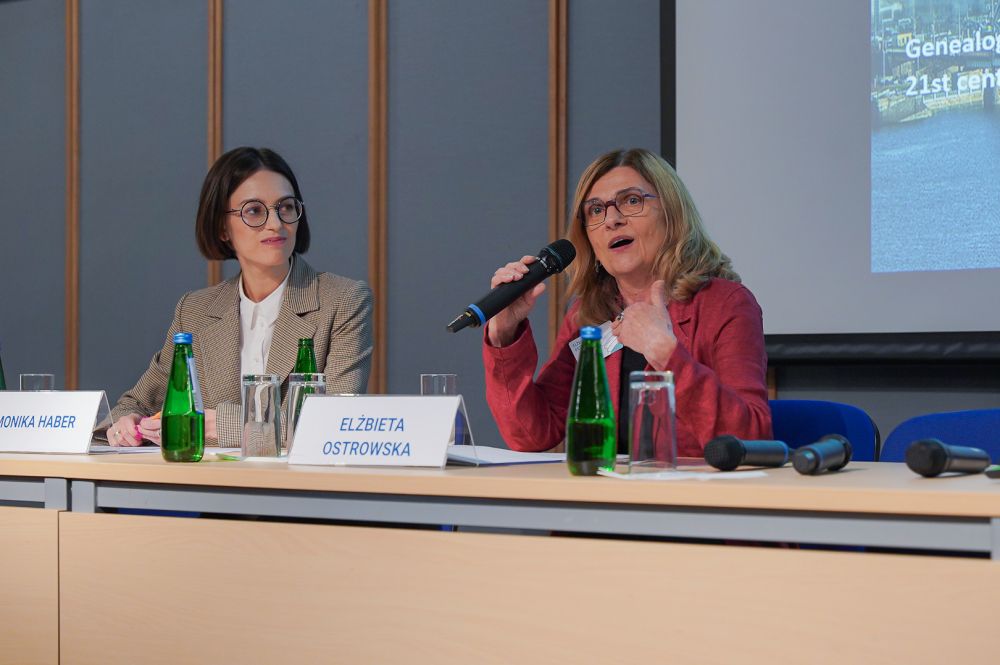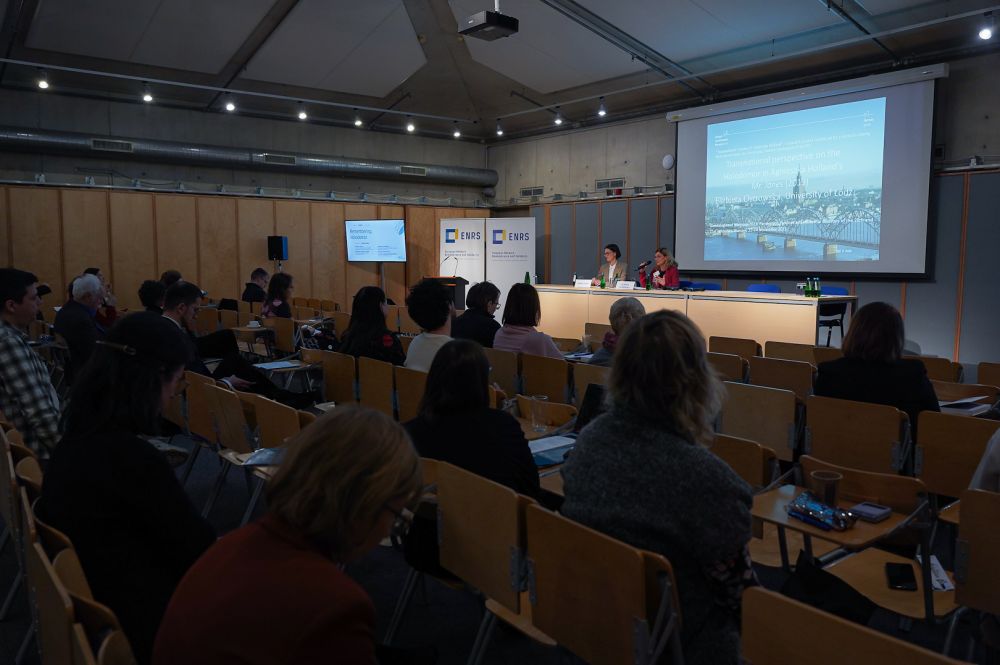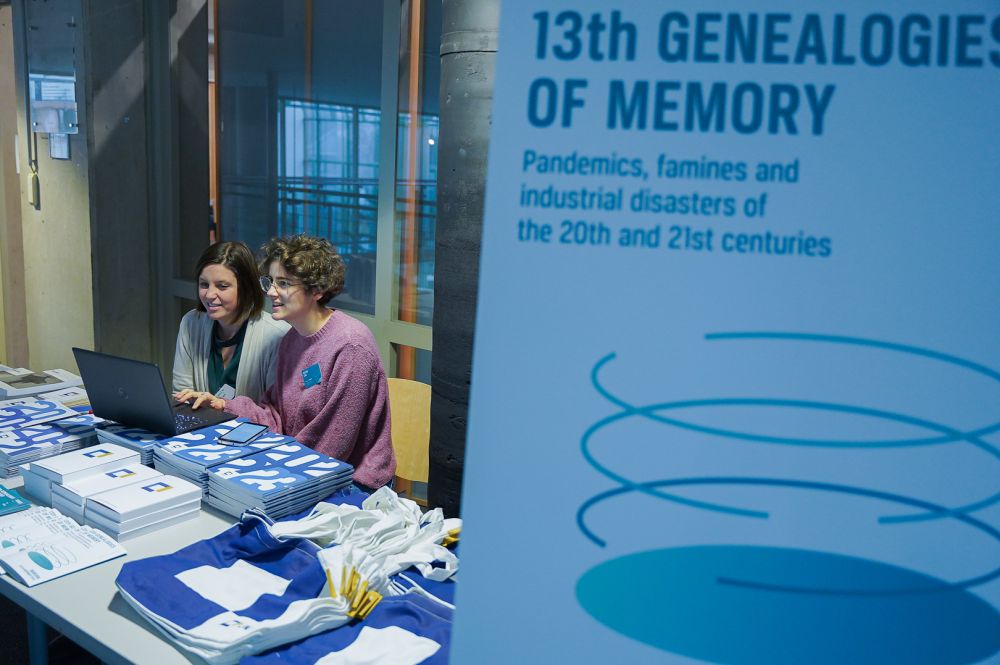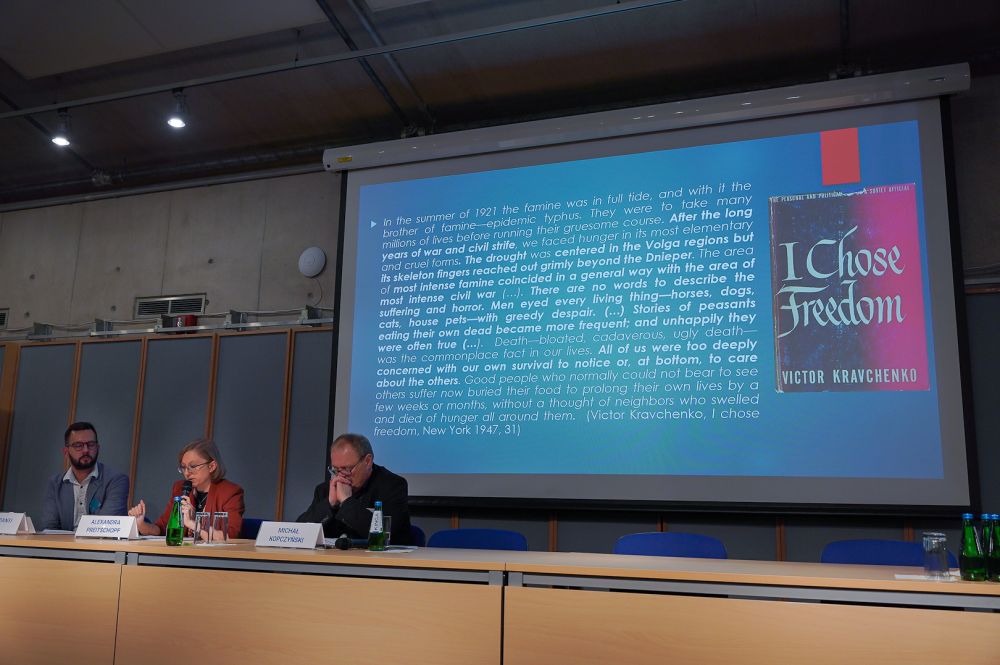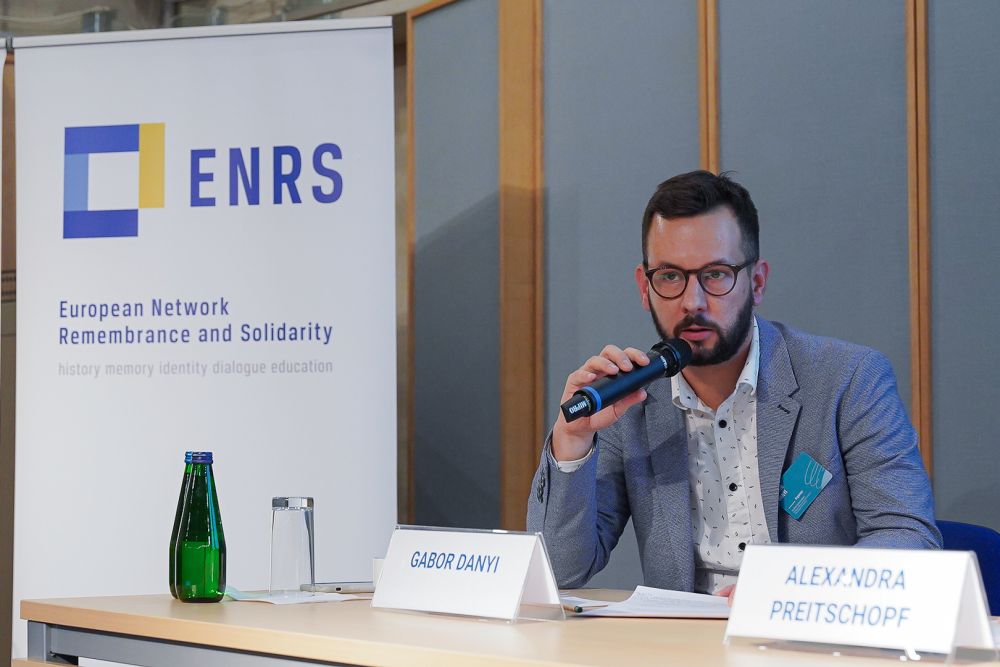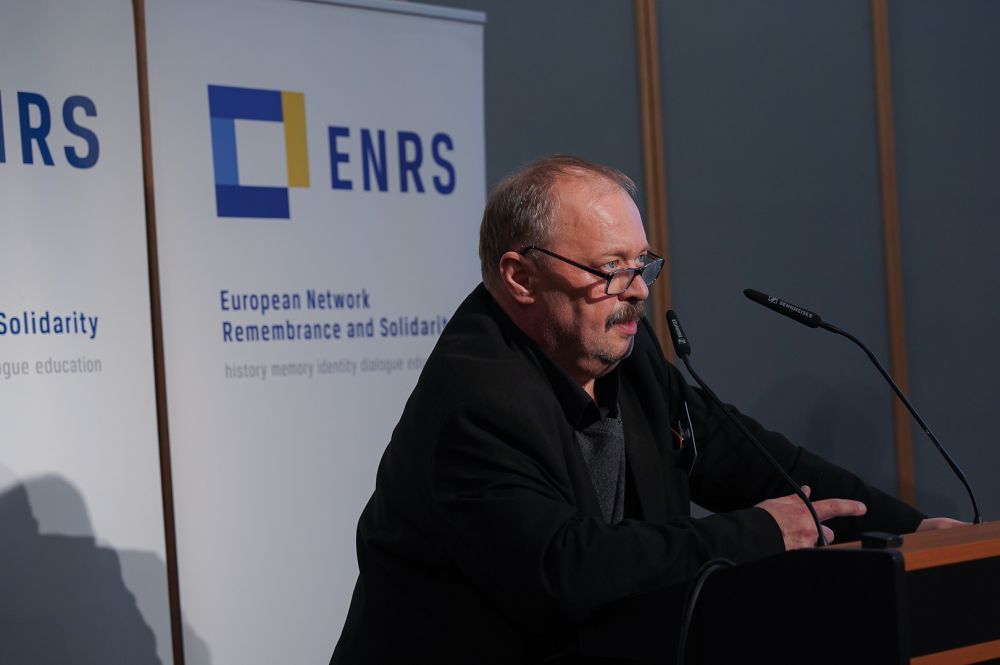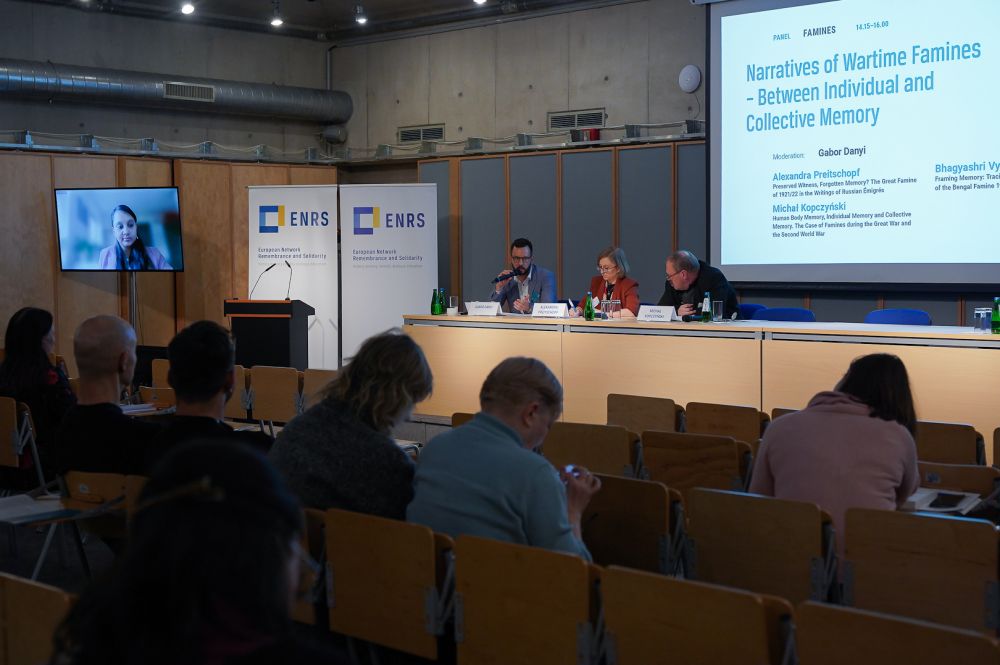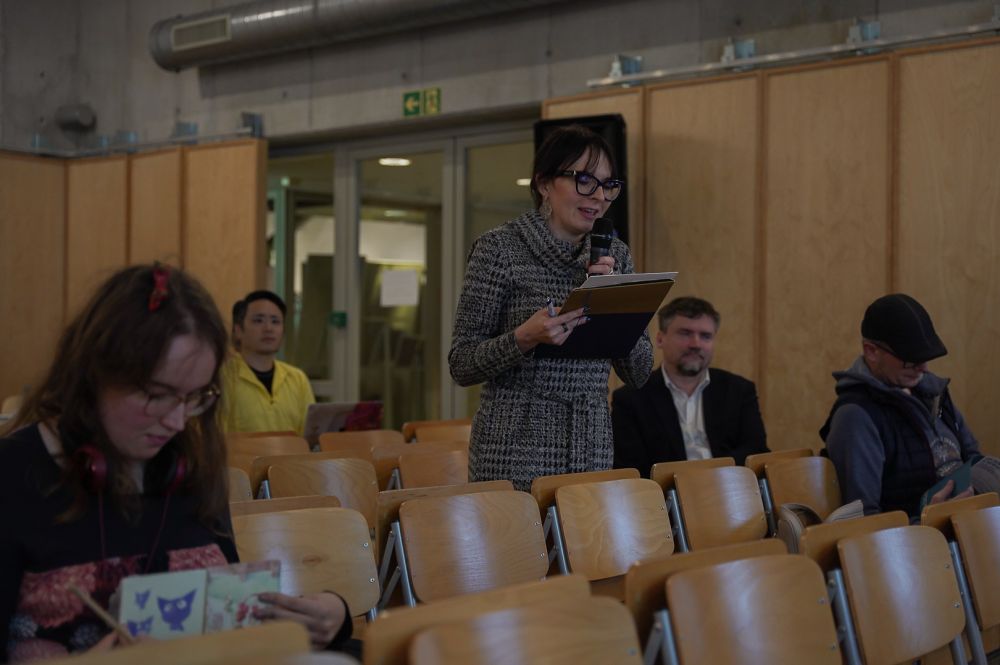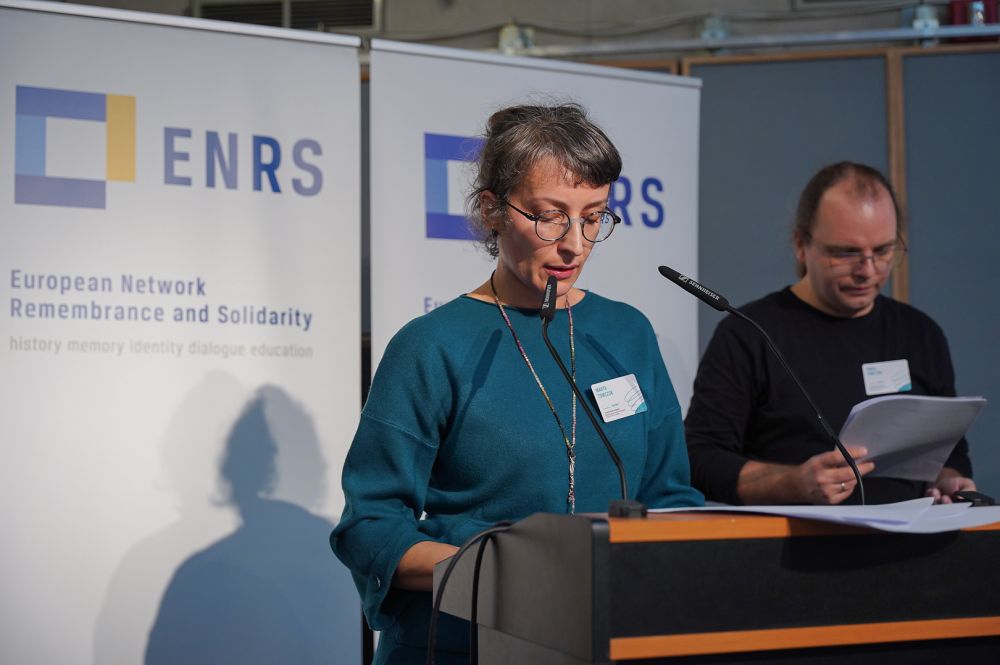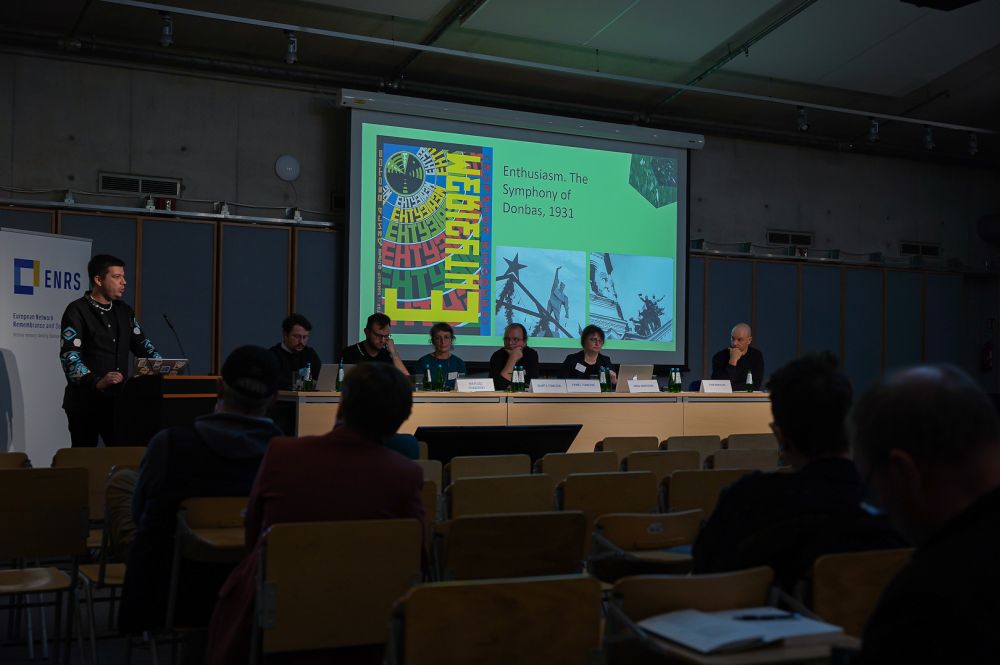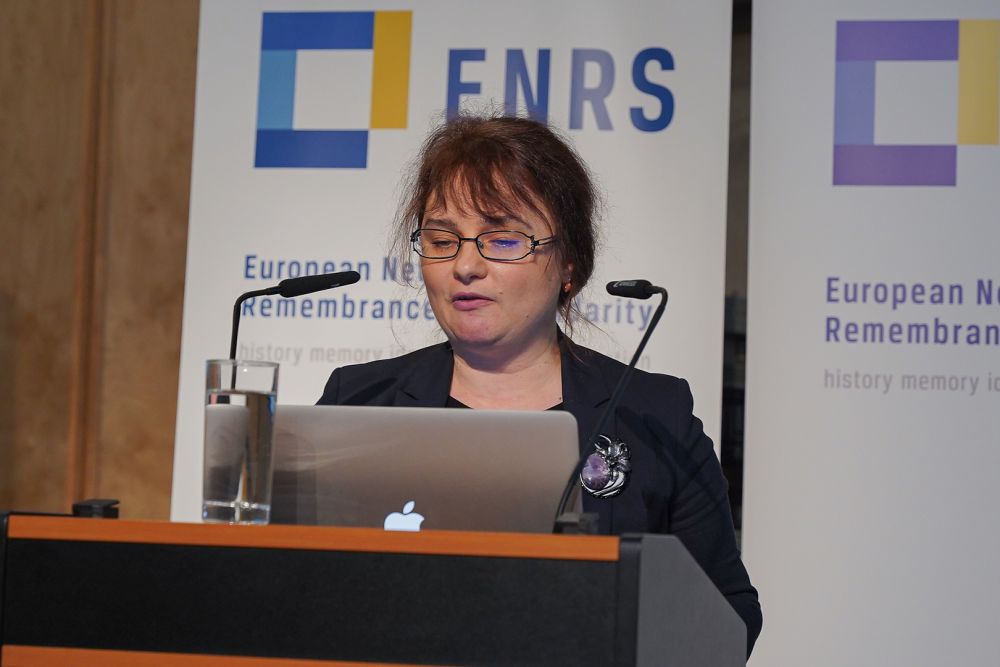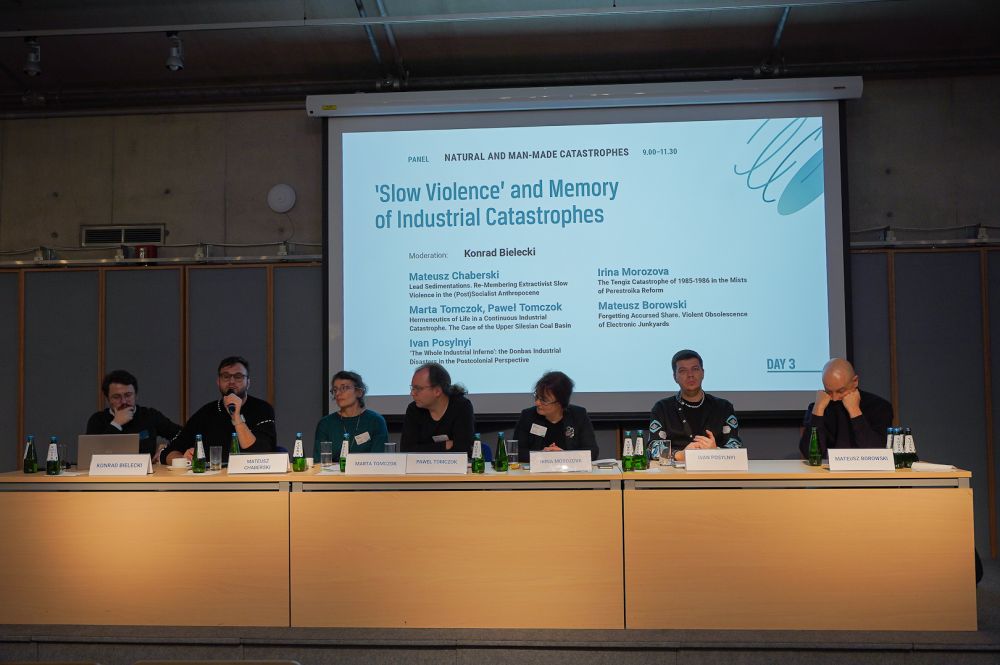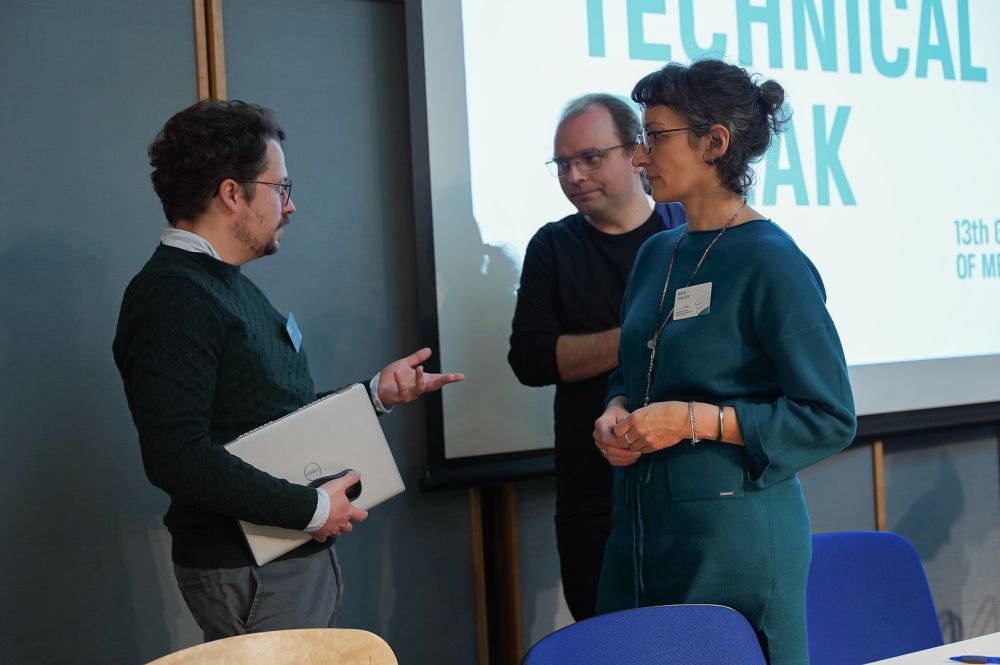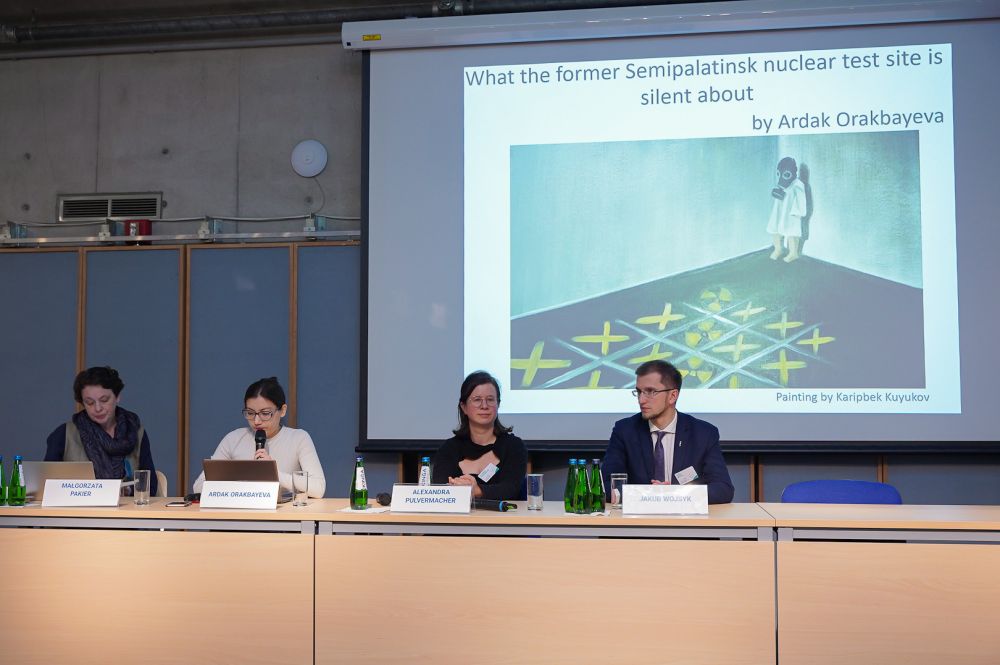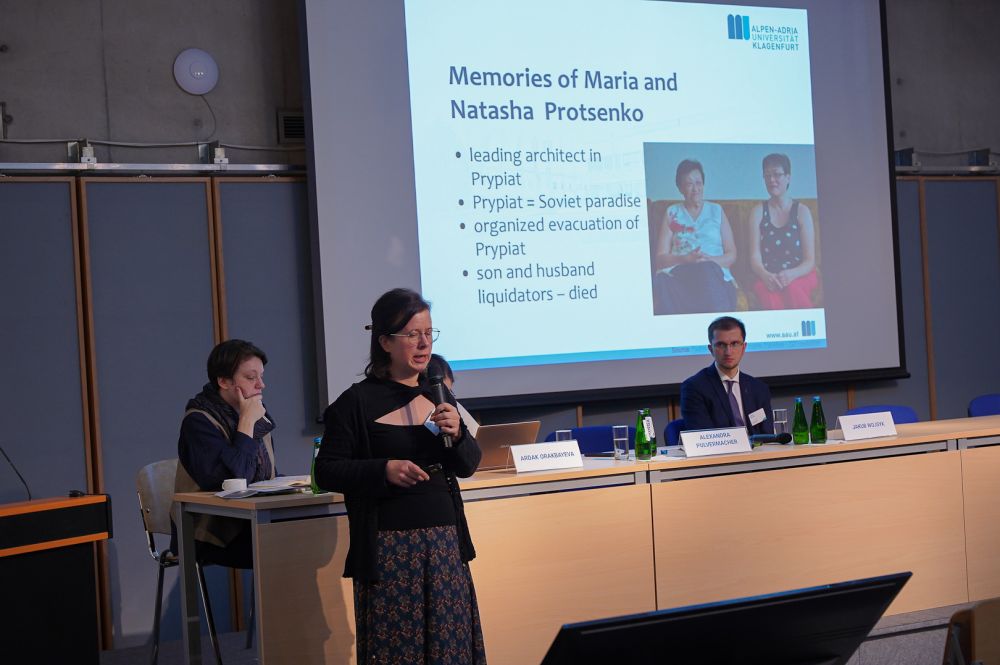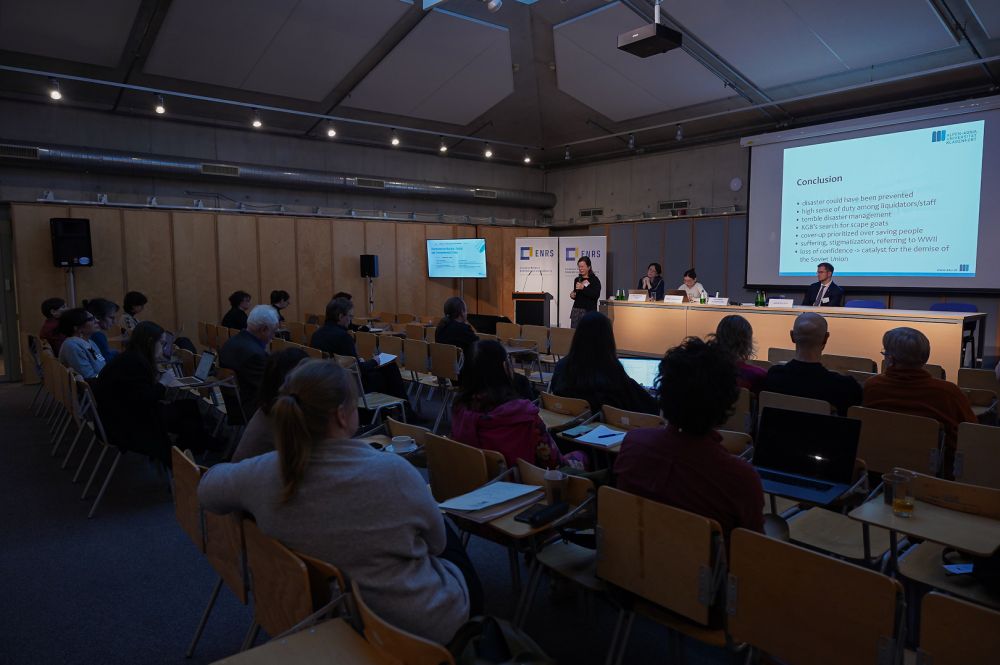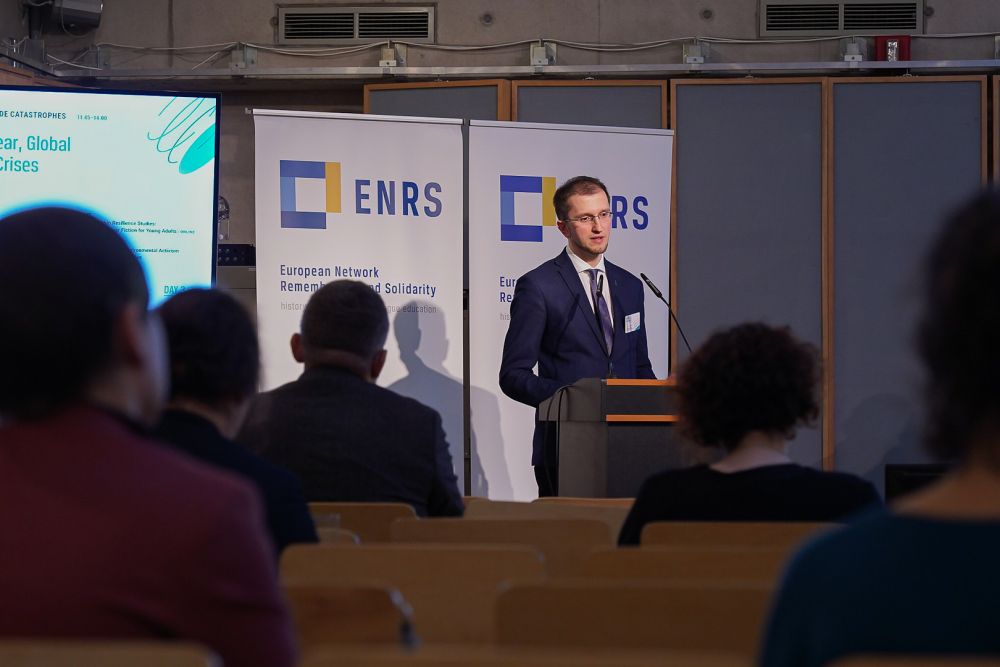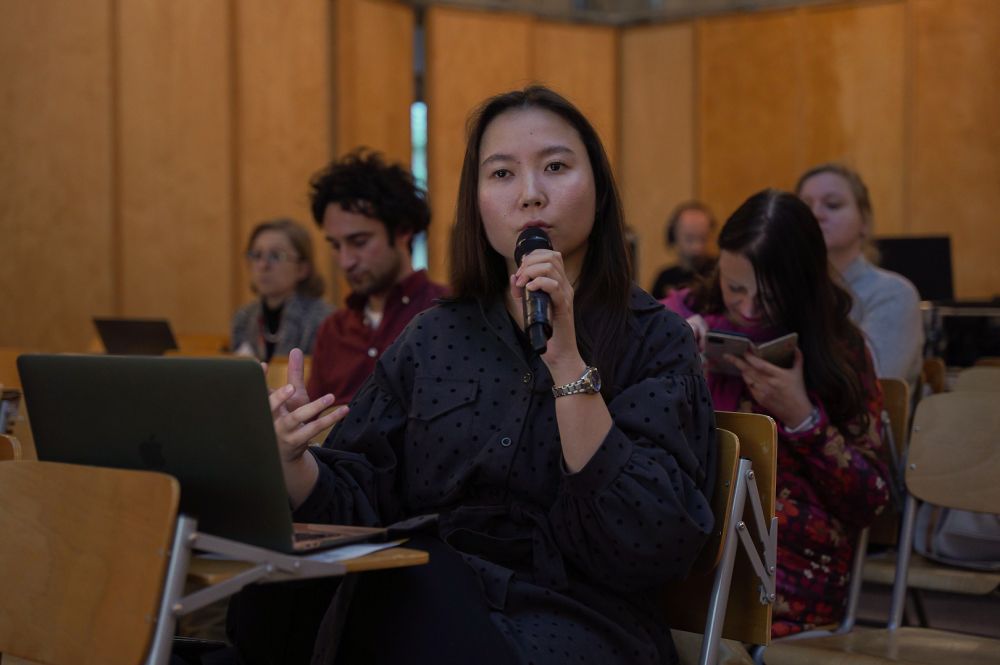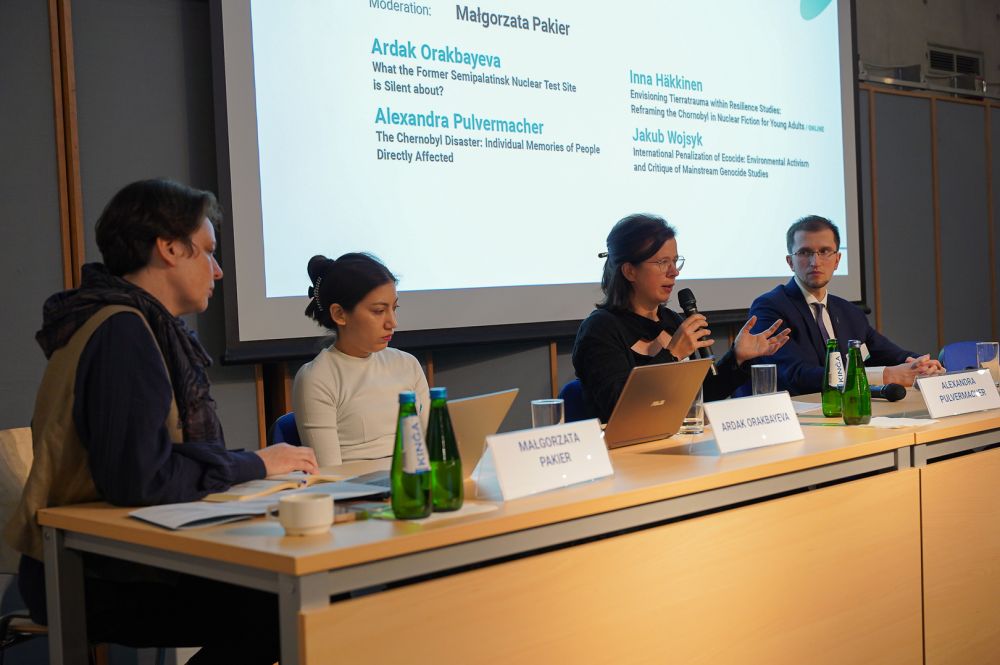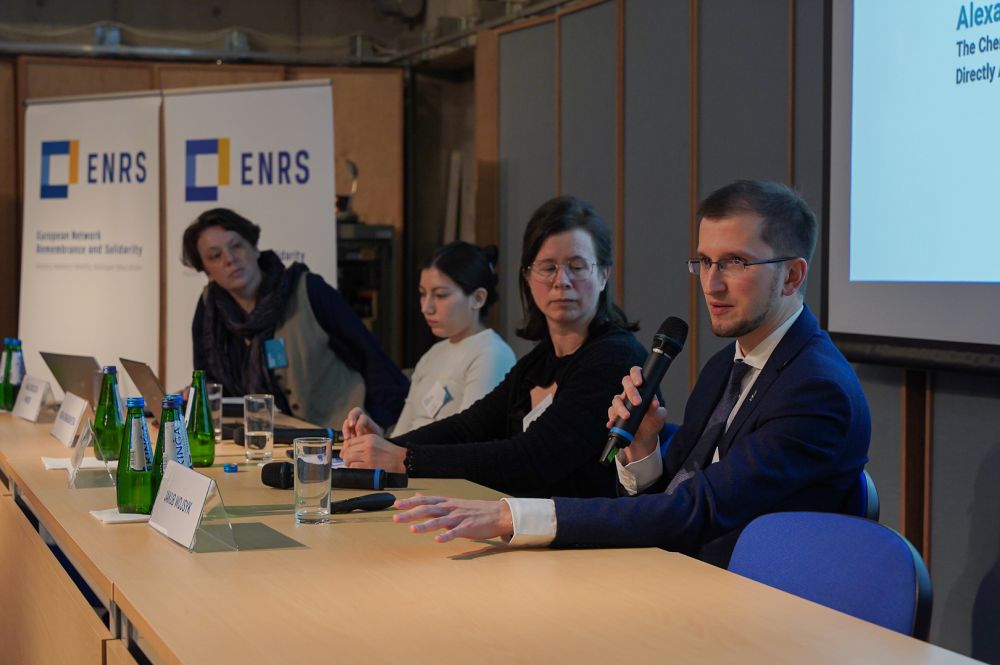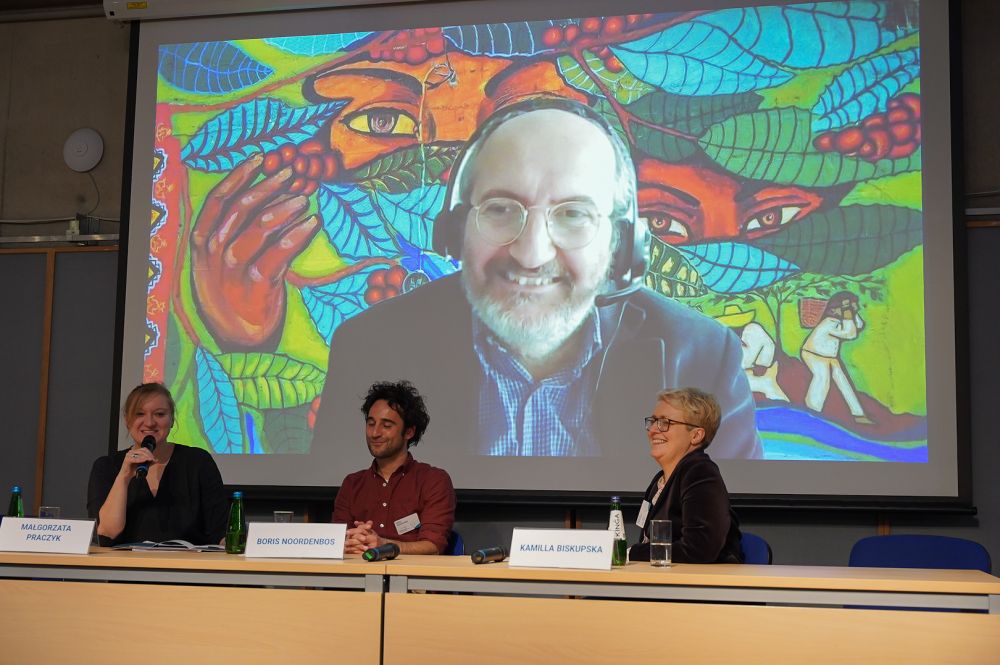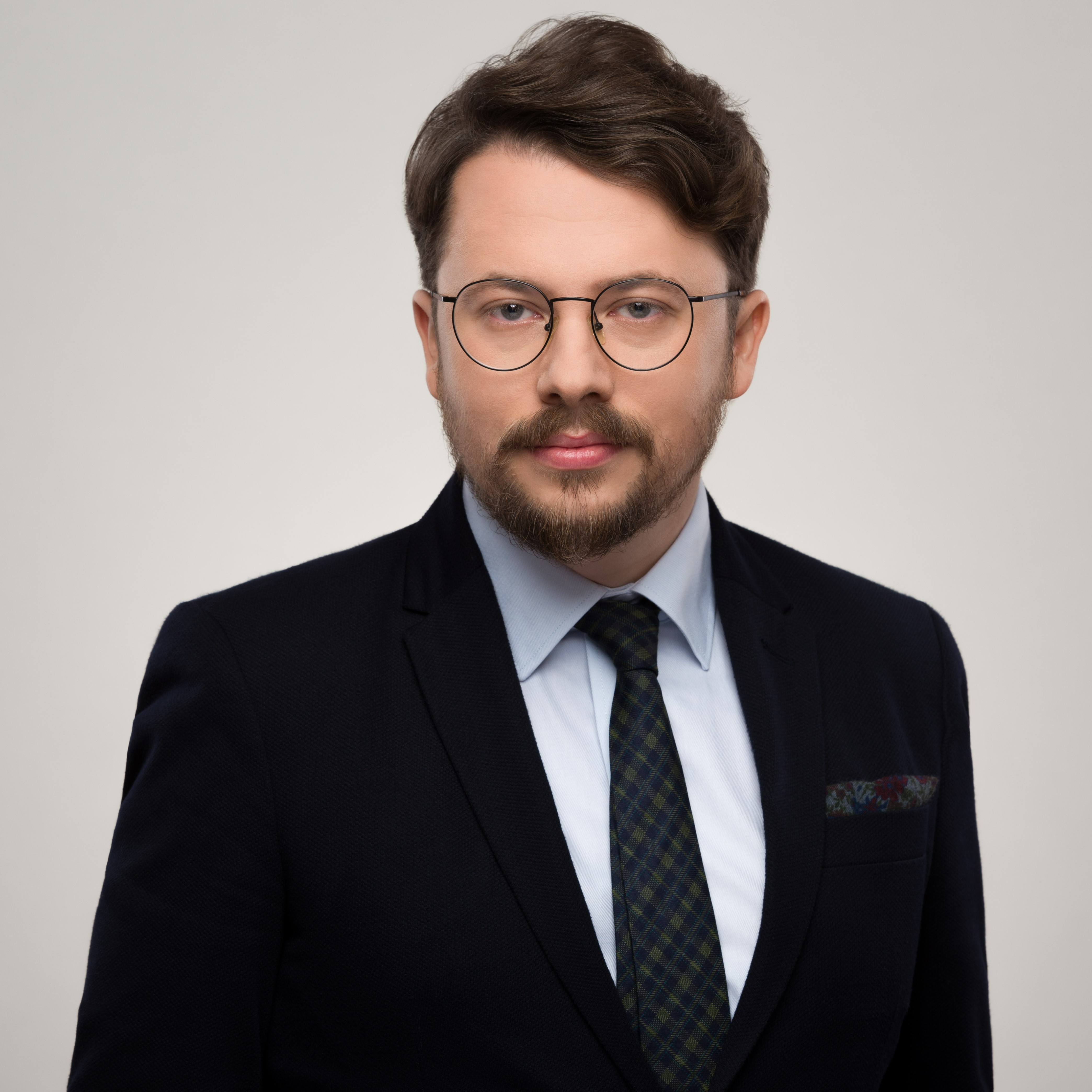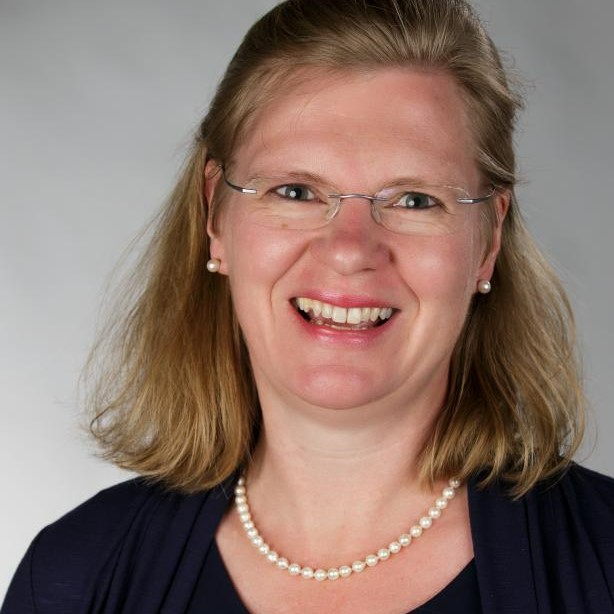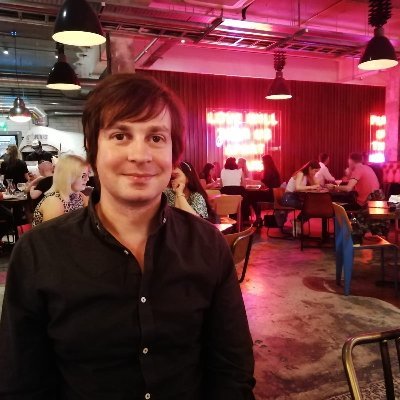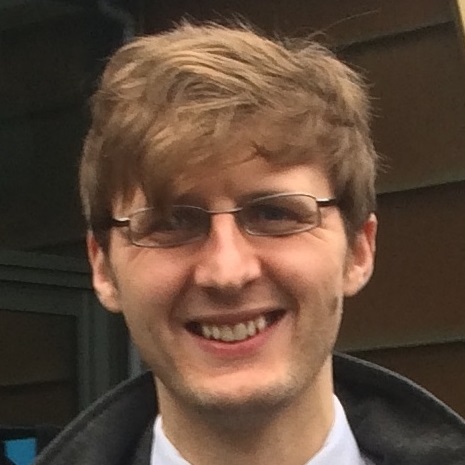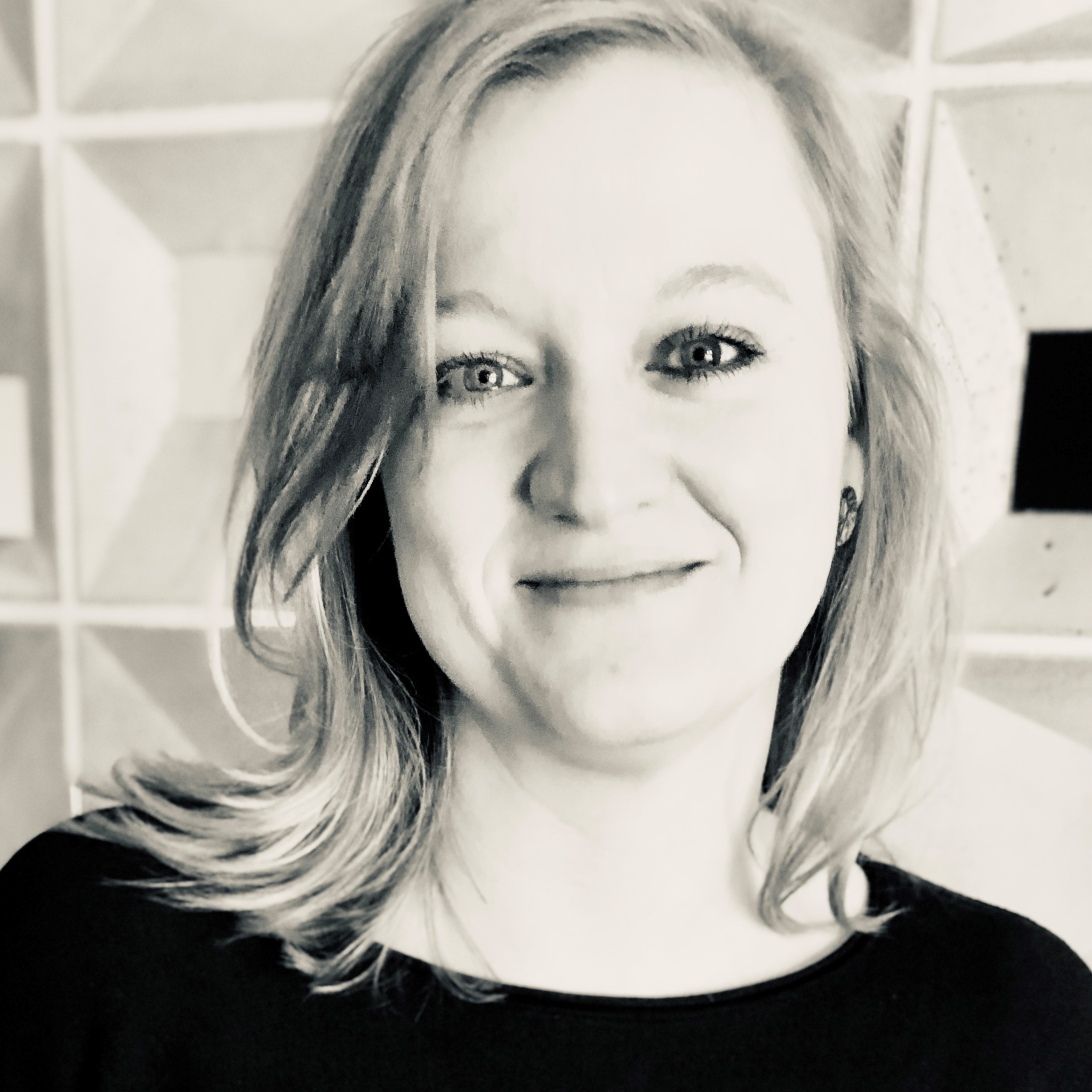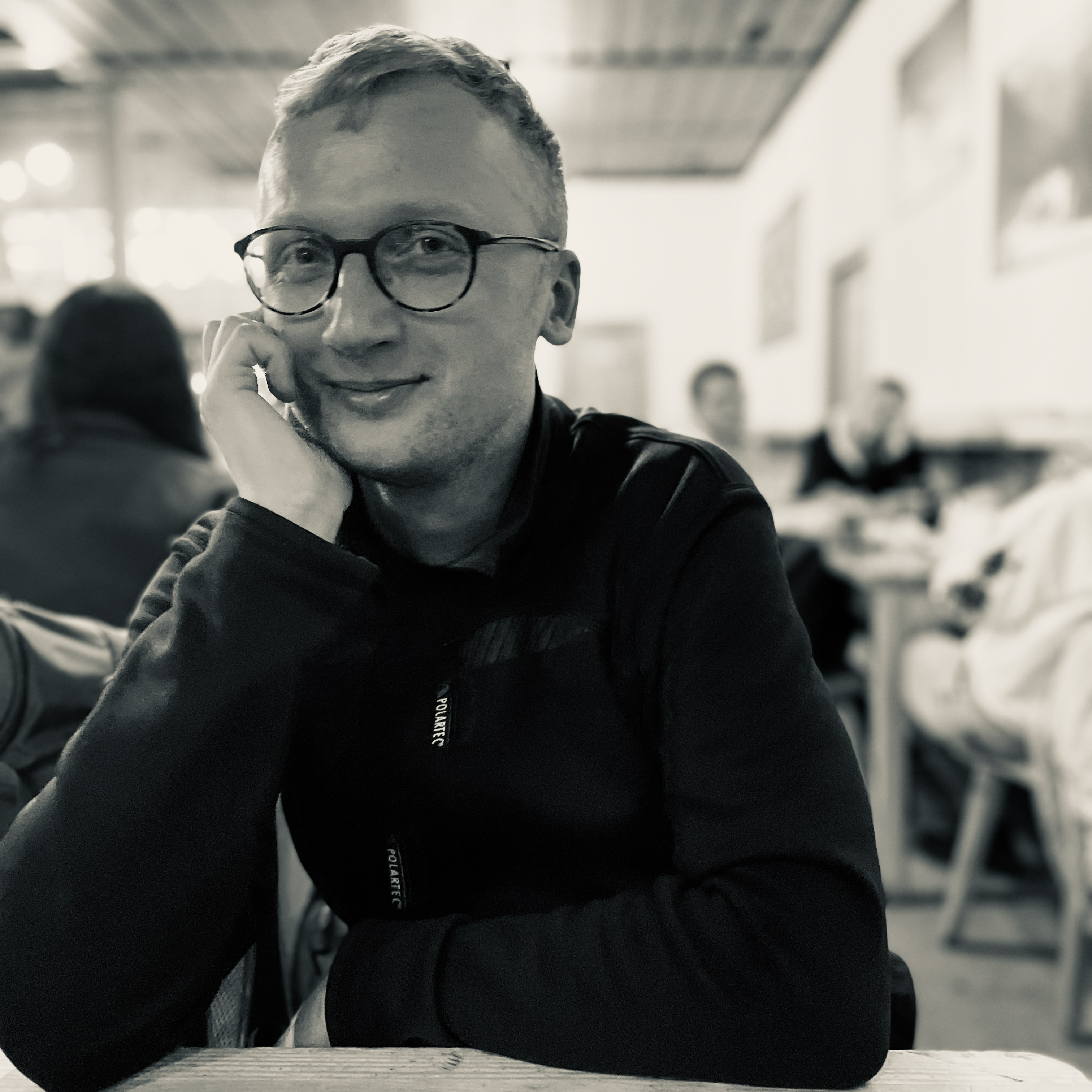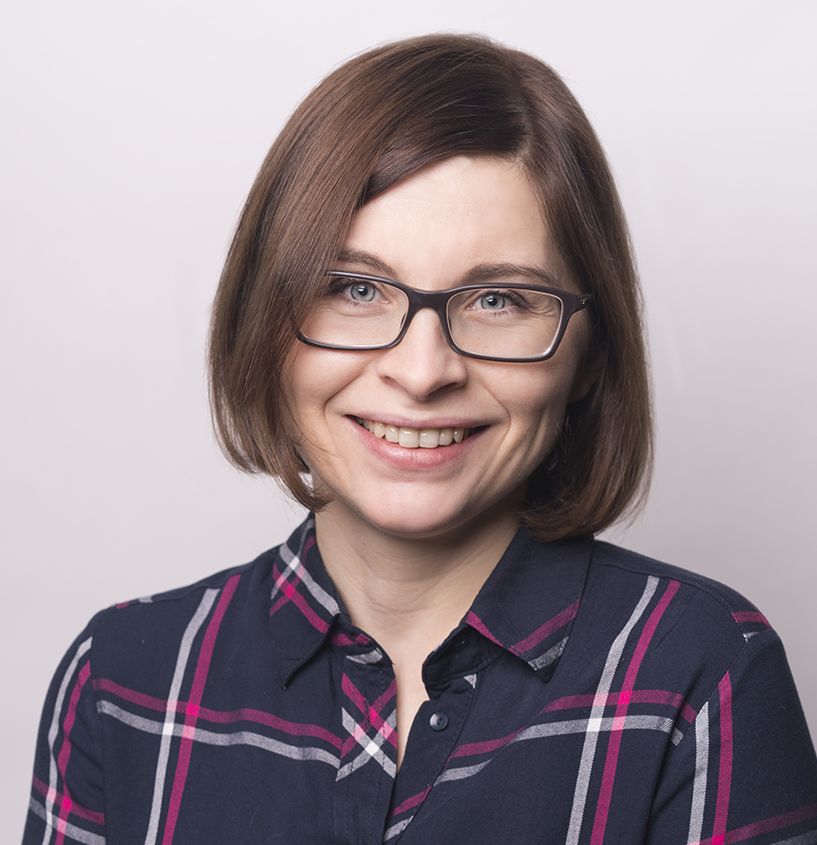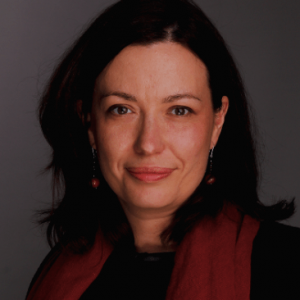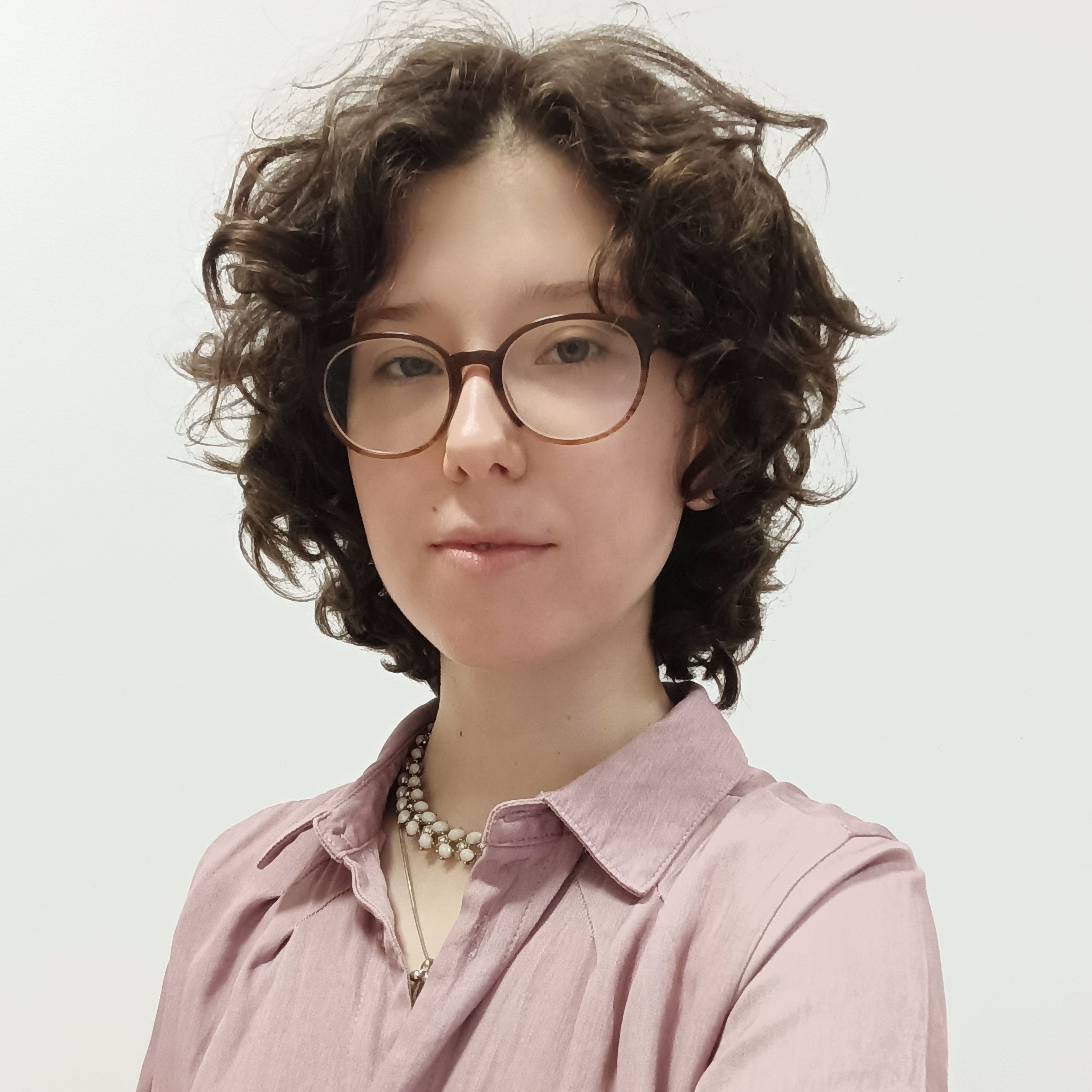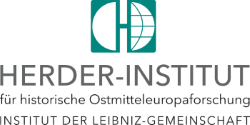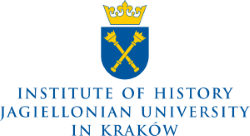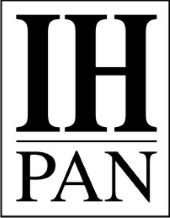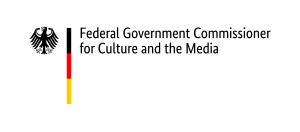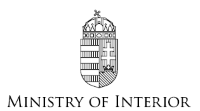Conference Speakers
Gretchen Abuso teaches in the Department of Sociology and Anthropology at Xavier University in the Philippines. Now undertaking a PhD in Sociology at the University of the Philippines, she is also a member of the Working Group Transformation of Environment of the COST Action project Slow Memory.
Marco Armiero is an Icrea Research Professor, which is equivalent to a distinguished professor, at the Institute for the History of Science, Autonomous University of Barcelona. He served as the president of the European Society for Environmental History from 2019 to 2023. From 2013 to 2022, he held the position of director at the Environmental Humanities Laboratory in Stockholm, significantly contributing to its global prominence in the emerging field. His research focuses on topics such as the nationalization of nature, migrations and their environmental impact, and environmental justice. Through his work, he has played a pivotal role in bridging the fields of environmental humanities and political ecology.
Kamilla Biskupska, Assistant Professor at the Institute of Sociology, University of Wrocław, Poland; her scholarly interests have recently focused on the cultural landscape (especially dissonant heritage) of the Polish “Recovered Territories” and the social memory and postmemory of the post-war generations of its inhabitants. She co-chairs the Polish Regional Group of the Memory Studies Association.
Mateusz Borowski is a Professor at the Department for Performativity Studies at the Jagiellonian University, Kraków. He holds a PhD from Johannes Gutenberg University in Mainz, Germany and the Jagiellonian University. Currently his main areas of interest are green humanities, counterfactual discourses and speculative fabulations in the context of climate change. He published, among others, Strategie zapominania. Pamięć i kultura cyfrowa (Strategies of Forgetting: Memory and Cyberculture, 2015) and, with Małgorzata Sugiera, Sztuczne Ntury. Performanse technonauki i sztuki (Artificial Natures. Performances of Technoscience and Arts, 2017). He is currently Principal Investigator in the OPUS 22 research project After Climate Crisis. Non-Scalable Survival Strategies in Speculative Fabulations of the Last Two Decades (2022-2026) funded by the Polish National Science Center.
Amber Brittain-Hale - Co-Founder of BrainStates Inc., is a renowned researcher specializing in geopolitics, leadership, and neuroleadership. With a Ph.D. in Global Leadership and Change from Pepperdine University, she brings a deep understanding of leadership dynamics in a global context. Amber's expertise extends to analyzing trends, identifying patterns, and providing actionable insights to decision-makers using cutting-edge technology. Amber's London-based firm, BrainStates Inc., applies research to real-world situations, offering strategic guidance and valuable perspectives. Known for her troubleshooting skills and process development expertise, she is a trusted advisor to executive teams, guiding them on strategy and policy matters. Her contributions span collaborations across non-profit, policy, and political sectors. Amber Brittain-Hale's commitment to bridging the gap between research and practical application has positioned her as a sought-after consultant in political science. Her ability to synthesize complex information and provide valuable insights helps decision-makers make informed choices and drive positive change in the ever-evolving geopolitical landscape.
Mateusz Chaberski is assistant professor in the Department for Performativity Studies of the Jagiellonian University in Kraków, Poland. His academic interests range from performance studies, affect, and assemblage theories to Anthropocene studies. In 2015, he published Doświadczenie (syn)estetyczne. Performatywne aspekty przedstawień site-specific [(Syn)aesthetic Experience: Performative Aspects of Site-Specific Performance] and in 2019 Asamblaże, Asamblaże. Doświadczenie w zamglonym antropocenie [Assemblages, Assemblages: Experience in the Foggy Anthropocene]. Together with Mateusz Borowski and Małgorzata Sugiera, he edited Emerging Affinities: Possible Futures of Performative Arts (Transcript Verlag 2019) and with Ewa Bal Situated Knowing: Epistemic Perspectives on Performance (Routledge 2020).
Marguérite Corporaal is Full Professor of Irish Literature in Transnational Contexts at Radboud University. She was the principal investigator of Relocated Remembrance: The Great Famine in Irish (Diaspora) Fiction, 1847–1921, for which she obtained a Starting Grant for Consolidators from the European Research Council. Corporaal was awarded an NWO-VICI grant for her project Redefining the Region (2019-24) which explores the transnational dimensions of local colour during the long nineteenth century. Furthermore, Corporaal is the PI of Heritages of Hunger, funded by the Dutch research council’s NWA programme (2019-24). Among Corporaal’s publications are her monograph Relocated Memories of the Great Famine in Irish and Diaspora Fiction, 1847–70 (Syracuse UP, 2017); and The Great Irish Famine and Social Class (co-edited, Peter Lang, 2019). She is co-editor of Famines and the Making of Heritage (Routledge, 2024).
Rohini Dasgupta is currently pursuing her Post-graduation in History from Jadavpur University in Kolkata, India and has completed her graduation with honours in History from Asutosh College under University of Calcutta with a letter grade of 'A'. She has a keen interest in the 'History of Science, Technology, and Medicine of India and beyond', 'History of Gendered Violence and Horrors- Violation of Women's Rights during Partition of India,’ and 'History of Famines of Bengal'. Currently as a Graduate Research Assistant she is doing her research on Public Health focused on Midwiferies in Bengal and beyond in Post-colonial India. She has also conducted research on several areas like sustainable water management technologies regarding hydro-science in ancient India, the impact of the age of consent debate on health and society in India, decolonization of public health in British colonies, the experiences and marginalization of women in Bangladesh’s Liberation War, and the psychological trauma of Partition Memory by focusing specifically on the effects of the riots on individuals as Partition Memoirs. She aspires to use her knowledge and understanding of history to create a better future for all. Besides that, she is a great enthusiast of sports especially Badminton and Table Tennis.
Hans Gutbrod is an Associate Professor at Ilia State University. Together with colleagues, Hans led a high-impact campaign to increase the transparency of research funding, Transparify. He previously was the regional director of the Caucasus Research Resource Centers (CRRC). Hans has been working in the Caucasus region since 1999 and holds a Ph.D. in International Relations from the London School of Economics. His book on Ethics of Political Commemoration: Towards a New Paradigm (with David Wood) will appear in the summer of 2023. He is on Twitter at @HansGutbrod.
Erol Gülüm currently works as a Humboldt Experienced Research Fellow at the Institut für England & Amerikastudien (IEAS) and Frankfurt Memory Studies Platform (FMSP) at Goethe University Frankfurt in Germany. He teaches and publishes on culture studies, folklore, digital culture, memory studies, cultural and creative industries, and intangible cultural heritage.
Inna Häkkinen is a visiting researcher of Helsinki Environmental Humanities Hub, the Department of Cultures, the University of Helsinki. Nowadays she is a fellow of the Institute of Advanced Studies Köszeg (Hungary). Her current project is focused on researching the literary dimensions of nuclear energy within energy literary narrative studies. She coordinates and (co-)teaches ‘Chornobyl Studies’ course as well as ‘Nuclear Narratives in East/Central Europe’ at the University of Helsinki (Aleksanteri Institute). After defending her PhD in Literary Studies (Dnipro, Ukraine), she has been a research fellow of Erasmus Mundus mobility programs (Bologna, 2008; Turku, 2011-2012), Cambridge Colleges Hospitality Scheme (2013), SUSI (Ohio, 2016), Open Society Foundation/Artes Liberales Foundation (Warsaw, 2016-2017), JYU Visiting Fellowship Programme (Jyväskylä, 2021), PIASt Fellowship Program (Warsaw, 2022). She is among the contributors of The Routledge Handbook of Ecocriticism and Environmental Communication (2019). Her general research interests lie within environmental humanities, energy humanities, petrocultures, ecocriticism, nuclear criticism, literary energy narrative studies, world energy literature, nuclear fiction, Chernobyl fiction, energy ethics. She is a member of the Association for Literary Urban Studies (Finland), HELSUS (Finland), and Nordic Association for American Studies (NAAS).
Piotr Juszkiewicz (b.1959) is an art historian and a professor at the Adam Mickiewicz University in Poznań, where he lectures at the Institute of Art History. His interests include 20th century art history, contemporary art and art criticism in the 18th-20th centuries. He has received grants and fellowships from Cambridge University, The Getty Grant Program, Rochester University and Edinburgh University. He lectured also at Hebrew University in Jerusalem and Art Academy in Tallin. He is the editor of publications including Melancholia Jacka Malczewskiego [The Melancholy of Jacek Malczewski] (1998) and Perspektywy współczesnej historii sztuki [Perspectives on Contemporary Art History] (2009] as well as the author of several books: Wolność i metafizyka. O tradycji artystycznej twórczości Marcela Duchampa [Freedom and Metaphysics. On Artistic tradition of Marcel Duchamp’s Art] (1995); Od rozkoszy historiozofii do gry w nic. Polska krytyka artystyczna czasu odwilży [From the Bliss of Historiosophy to the “Game of Nothing”. Polish Art Criticism of the of the Post-Stalinist "Thaw"] (2005); Cień modernizmu [The Shadow of Modernism] (2013) and numerous texts in: Artium Quaestiones, Centropa, Rocznik Historii Sztuki, Journal of Victorian Culture. He was also a leader of research project (2012-2015) on Polish documentaries on art 1945-1989. In 2021 he curated the exhibition: A New Beggininig. Modernism in The Polish Second Republic in the National Museum in Kraków. Currently he prepares an exhibition of modernism in Poland after the WW II.
Marta Karkowska is a graduate of the Faculty of History and Sociology of the University of Warsaw. Now she is Assistant Professor at Institute of Philosophy and Sociology, Polish Academy of Sciences (IFiS PAN). Her academic interests focus on collective memory, commemoration and methodology of social qualitative research. In recent years, she has conducted research on the social impact of COVID-19.
Wiktoria Kudela -Świątek is an assistant professor at the Institute of History and Archival Studies at the Pedagogical University of Cracow, Poland. She is a historian (Jagiellonian University in Cracow, 2007 – MA, 2012 – PhD and 2022 – PhD with habilitation) and East Slavic philologist (Jagiellonian University in Cracow, 2010). Her academic interests focus on interdisciplinary critical thinking and writing about the past, especially memory studies, oral history, and visual history. She was a research fellow at the Holodomor Research and Educational Consortium (2017), the Center for Urban History in Lviv (2021), and The Harriman Institute, The Columbia University in New York (2023). She is the author of five books and more than 40 academic articles. Her last book is “Eternal Memory. The Monuments and Memorials of the Holodomor”, CIUS Press& Księgarnia Akademicka: Toronto-Edmonton-Kraków 2021.
Michał Kopczyński is a historian born in 1964. He works at the University of Warsaw in the History Department as a professor since 2019 (1989 - MA, 1997 - PhD, Post-doctoral thesis - 2006). His fields of expertise are: economic history, historical auxology, historical demography which he discusses in his main publications: Wielka transformacja. Badania and uwarstwieniem społecznym i standardem życia w Królestwie Polskich 1866-1913 w świetle pomiarów antropometrycznych poborowych, 2006 [The greate transformation. Studeies in social stratification and living standards in the Kingdom of Poland 1866-1913 in the light of anthropometric measurements of conscripts]; Historia gospodarcza ciała. Studia z dziejów biologicznego standard życia na ziemiach polskich, 2018 [Body: an economic history. Studies in biological standards of living in Poland] .
Wiebke Lisner is Research Associate at the Institute for Ethics, History and Philosophy of Medicine at Hannover Medical School since 2018. She studied History, Political Studies and Sociology at Leibniz University Hanoover in 1992-1999.
Rūta Matimaitytė is a doctoral student at the Lithuanian Institute of History writing her doctoral dissertation on the topic of “Migration of Children to Soviet Lithuania (1944 – 1960): History, Memory, Trauma”. Her research on the German children of East Prussia was awarded the Prize of the Department of National Minorities. The researcher is actively engaged in the promotion of memory of the German children of East Prussia in Lithuania. She gives public lectures, and contributes to projects involving schoolchildren. Matimaitytė’s research interests span across the fields of migration, children, memory and trauma, as well as the application of oral history.
Łukasz Mieszkowski is a graduate of the Institute of History at the University of Warsaw, a doctoral student of the Anthropos Doctoral School of the Polish Academy of Sciences, and a recipient of a Fulbright Junior Research Award at University of California, Berkeley. He is the author of Tajemnicza rana. Mit czołgu-pułapki w powstaniu warszawskim (A Mysterious Wound. The Trap-Tank Myth in Warsaw Uprising), the popular science book Największa: Pandemia hiszpanki u progu niepodległej Polski (The Biggest One: The Spanish Flu on the Threshold of Independent Poland), and eight academic articles and book reviews. He is currently working on his doctoral dissertation entitled ‘Dragons and Lice: Poland in Times of Plague 1918-1922’.
Irina Morozova is a historian of the USSR, modern and contemporary Central and Inner Asia. After obtaining her PhD from Lomonosov Moscow State University in 2002, she continued her academic career in the Netherlands (Leiden University, University of Amsterdam) and Germany, where she had positions at the German Institute for Global and Area Studies in Hamburg, Humboldt University in Berlin, Leibniz Institute for South and East-European studies in Regensburg and University of Gottingen. Currently she is a Privat Dozent at the University of Regensburg. Her recent Habilitation project was on economic reform and public debate in Kazakhstan, Kyrgyzstan and Mongolia in the 1980-90s.
Boris Noordenbos is Associate Professor of Literary & Cultural Analysis at the University of Amsterdam. He is the principal investigator in the ERC-funded research project Conspiratorial Memory: Cultures of Suspicion in Post-Socialist Europe (2021–2026). His research centers largely on the former socialist block and on Russia in particular, and concerns issues of (n)ostalgia, post-Soviet cultural memory, (cultural) colonialism, disinformation, and conspiracy theories. He analyzes how these issues are shaped by and refracted through cultural texts, whether these have grassroots or state-backed origins. More specifically, his ERC project Conspiratorial Memory: Cultures of Suspicion in Post-Socialist Europe (2021-2026), explores the ways in which Eastern European conspiracy cultures, online and offline, recycle and tweak explanatory paradigms from the socialist past, and derive their rhetorical and affective appeal from narratives about history. In addition, the project examines how such history-heavy conspiracy culture travels across media and across national borders. Thus, they challenge a stubborn scholarly tradition that treats conspiracy theories in cultural and historical isolation.
Ardak Orakbayeva, is a first-year master's student at the Faculty of Oriental Studies at University of Warsaw. She is a member of the scientific club «Human Rights and humanitarian crises» at the Faculty of Political Science and International Studies of the University of Warsaw. Her research topics are the history of the Soviet Union, modern Russia, dissidents, migration, various crises in the history of mankind, authoritarian regimes.
Elżbieta Ostrowska - PhD, works at the Department of Film and Audiovisual Media at the University of Łódź, Poland. Her publications include The Cinematic Bodies of Eastern Europe and Russia, co-edited with Ewa Mazierska and Matilda Mroz (Edinburgh University Press 2016),Women in Polish Cinema, co-authored with Ewa Mazierska (Berghahn Books, 2006), The Cinema of Roman Polanski: Dark Spaces of the World, co-edited with John Orr (Wallflower, 2006), The Cinema of Andrzej Wajda: The Art of Irony and Defiance, co-edited with John Orr (Wallflower, 2003), Gender in Film and the Media: East-West Dialogues, co-edited with Elzbieta Oleksy and Michael Stevenson (Peter Lang, 2000). Her articles have appeared in Slavic Review, Studies in European Cinema, Studies in Eastern European Cinema and Holocaust and Genocide Studies.
Tetiana Perga is leading researcher at the State institution “Institute of the World History of National Academy of Science of Ukraine» and received her PhD degree from Kiev State University named Taras Shevchenko, Kiev, Ukraine in 1998. She is a DAAD fellow in IOS Regensburg, Germany (2018), DAAD fellow at Heidelberg University, Germany (2022), Volkswagen foundation research fellow at Heidelberg University (2022-2023). She is the Head of Ukrainian Representative office of European Society of Environmental History (ESEH) and a member of member of Leo Baeck Institute Jerusalem Research Group in Jewish environmental history. Tetiana Perga is an author of 140 articles, co-author of 8 books and author of 2 individual books that focused on different aspects of environmental history. Her main research field is environmental history.
Małgorzata Praczyk is a historian and associate professor at the Faculty of History of Adam Mickiewicz University in Poznań (Poland), and a member of the Board of the European Society for Environmental History (as the Regional Representative for Poland). She is the author of the books Environmental Memory in Memoirs of Polish Settlers in the Face of Polish Post-war Border Shifting (published in Polish, 2018) and Reading Monuments. A Comparative Study of Monuments in Poznań and Strasbourg from the Nineteenth and Twentieth Centuries (Peter Lang: 2020). She is the author of numerous articles concerning environmental history, posthumanism, and memory studies issues. Her book Environmental Memory… was awarded the best 2018 Polish book in memory studies by the Memory Studies Association Poland and received the Adam Mickiewicz University Rector award for excellent scientific achievement.
Ivan Posylnyi born September 27th 1994 in Luhansk, Ukraine, sociologist, PhD candidate at the Doctoral School of Social Sciences at the University of Warsaw. MA in Sociology, Lancaster University (2020); MA in Applied Sociology, Kharkiv National University (2018). His doctoral dissertation focuses on the official, educational and media discourses of collective identity of the children and adults living in the Donbas “people’s republics”. He teaches the course “Ethnicity and Identity in Donbas” for BA and MA Erasmus students at the University of Warsaw. Currently he is involved in scientific research projects (incl. those commissioned by international organizations, such as UNICEF, Plan International) focusing on the wellbeing of Ukrainian refugee children and adults in Europe, as well as internally displaced persons inside Ukraine.
Alexandra Preitschopf studied History and French Philology at the University of Salzburg. In 2016 she finished her PhD thesis in Contemporary History on pro-Palestinian, anti-Zionist and anti-Semitic manifestations in contemporary France. From 2016 to 2021 she worked as a lecturer for OeAD (Austrian exchange service) at the department of German Studies of the University of Sofia (Bulgaria) where she taught classes on Austrian History, Politics and Culture. Since March 2021 she holds a position as a Postdoc Assistant for Contemporary History at the University of Klagenfurt and currently works on a research project on the multi-layered impact of the Russian emigration on anti-communism in interwar Europe.
Alexandra Pulvermacher conducts research at the Institute of History at the University of Klagenfurt in Austria. She is currently involved in a project on anti-Semitism, which is being realized jointly with the University of Salzburg. In March 2023, she completed her PhD on a comparison of Soviet and German suppression of Polish resistance in occupied Poland, September 1939 – June 1941. She is the author of several scholarly papers, including “Early Deportations of Jews in Occupied Poland, October 1939 – June 1940 (Holocaust and Genocide Studies, 36/2, 2022) and “’Aktion Zamosc’ and its Entanglements with the Holocaust” (in: Deportations in the Nazi Era, edited by Akim Jah and Henning Borggräfe, 2022). In December 2023, her conceptual article “Poland under German and Soviet Rule 1939-1941: Approaches to a Comparison” will be published in the Journal of East Central European Studies. From July to August 2020, Alexandra was a fellow at the Centre for Holocaust Studies at the Institute for Contemporary History in Munich. During the summer school “Polesia as Landscape of Intervention” (organized by Anna Veronika Wendland) in September 2018, Alexandra intensively tackled the topics of nuclear power and the nuclear disaster in Chernobyl. During the two-day stay in Varash near Rivne, she visited the nuclear power plant simulator as well as the local nuclear power plant.
Liliana Sirbu will soon be graduating from the Master program in European studies, Cultural Studies Department at Faculty of Letters of Bucharest University (2023) from Romania – Culture and Policy in European and International Context. She also obtained a degree in Pedagogy at Sociology Psychology Pedagogy Faculty of Bucharest University from Romania and a degree in Teacher Training from Bucharest College. She completed two years of internship (2021-2023) at Euro Atlantic Studies Institute – The Research Institute of History Faculty of Bucharest University where She did book reviews on books like Lucian Boia – The Occident. An historical interpretation, Renee Guenon – Orient and Occident, etc. She also participated at the National Conference of Cultural Managers from Romania and at Eurostudii Conference, organized by Bucharest University, presenting papers. She has experience as a primary teacher in private schools – Mark Twain International Bucharest School - and in public ones, a Romanian language teacher in Gymnasium and as a psychological counselor for student and parent counseling. She worked as a specialist inspector at Bucharest Mayoralty Psychological-Socio-Professional Health service doing educational projects conception and implementation and organizer of educational programs for UNICEF and Health Ministry.
Łukasz Skoczylas is a psychologist and sociologist who works as an Assistant Professor of Sociology at the Adam Mickiewicz University, Poznań. He is interested in the sociology of culture, especially social memory and the sociology of law. He is a member of the Board of the Florian Znaniecki Scientific Foundation. He was the principal investigator of two projects related to the theme of the conference: "The dynamics of the relation between the social memory carrier and the social memory content" (funded by the National Science Centre) and “Freedom of conscience and religion is ensured for everyone - religious practices during the COVID 19 pandemic" (funded by AMU).
Iryna Skubii is a historian of Ukraine and Soviet Union and co-editor at H-Ukraine. She earned a Candidate of Sciences degree in history from V. N. Karazin Kharkiv National University (Kharkiv, Ukraine) in 2013. Currently, she is a PhD Candidate in History at Queen’s University (Kingston, Canada). Her research explores consumption practices, materialities of survival, and human-nature relationships during the Soviet famines in Ukraine. In her newest articles, she examines the role of food waste in famine survival practices, emotions and memory about food (co-authored with Rebecca Manley), and impact of famines on domestic and wild animals and challenges of writing human-animal history of famines (under review). She has also published on gender and age dimensions of consumption practices, and the department stores in the 1920–1930s in Soviet Ukraine. She is the author of Torhivlia v Kharkovi v roky NEPu (1921–1929): ekonomika ta povsiakdennist’ (Kharkiv: Rarytety Ukrainy, 2017).
Dorota Sosnowska is Assistant Professor at the Institute of Polish Culture (Department of Theatre and Performance) at University of Warsaw. The author of the book about three actresses of the communist period in Poland entitled Królowe PRL. Sceniczne wizerunki Ireny Eichlerówny, Niny Andrycz i Elżbiety Barszczewskiej jako modele kobiecości (2014). She took part in the scientific projects devoted to the problem of performance documentation, theoretical status of sources, archives and documents in performance studies (“Sources and mediations”) and performance and memory (“Performing Memory”). She published articles on the subject in Polish and international journals such as "Performance Research” or “Maska" and co-edited a book devoted to the memory of worker’s theatre (Robotnik. Performanse pamięci, 2017). Now she is working as principal investigator on the project Odmieńcy. Performances of Otherness in Polish Transition Culture and co-investigator in the project Epidemics and Communities in Critical Theories, Artistic Practices and Speculative Fabulations of Last Decades —both financed from the Polish National Science Center. She is a member of editorial board of the “View. Theories and Practices of Visual Culture” Journal.
Slavica Srbinovska is a professor of Theory and Methodology of Literature and Comparative Poetics at the Department of Comparative Literature, Faculty of Philology "Blaze Koneski", University "Ss. Cyril and Methodius", Skopje. Translation of the studies from the field of Theory of Literature and Comparative Literature (M.Bal, G.Prince, J.Bessiere, R.Lachmann, M.Riffaterre etc.). Central studies: Strolling Spectator in the Novel, Skopje, 2000, Through the Perspective of the Other, Skopje, 2002, The Novel: Status, Interpretations, Perspectives, Skopje, 2004, Subject, Literature, Culture, Skopje, 2006, Visual Strategies, Skopje, 2008, Feminism and Gender, Skopje, 2010, Literature, Film, Popular Culture, Skopje, 2011, Literature and Philosopy, Skopje, 2012, Literature and Politics of Representation, Skopje, 2014, Between the Fiction and the Reality, 2018, In Dialog with the Negative Representation: Narration, Film and Interpretation, 2019, The Philosophy of Point the View, Skopje, 2020, The Power of the Narration and the Brutality of the Political, Skopje, 2021, Cultural Encounters, Skopje, 2022. Collaboration in the projects of the field of theory of fiction (including the area of adaptation of the Novel to Film, Drama and Theatre) and Cultural studies at the University of Amsterdam (TEMPUS project), European Institute of Gender study in Florence (Summer School devoted to the problems of Boundaries and Borders), Universite de la Sorbonne Nouvelle (Paris III /High Educational Support Project), Erasmus Visiting Scholar at Eberhard Karls Universität Tübingen (Germany) - Erasmus Mundus Crossways in Cultural Narratives. Also, an active participant in many seminars and conferences focused on the problems of Comparative studies, Theory and History of Literature and Cultural studies.
Katarzyna Stańczak-Wiślicz – an assistant professor at the Institute of Literary Research of the Polish Academy of Sciences, a member of the research team “Archiwum Kobiet” (“Women’s Archives”). Her research interests range from the gender and women’s history in post-war Poland to the history of popular culture and popular discourses analysis. She authored the book based on Ph.D thesis: Real-life Stories. Confession Narratives in Polish Popular Women’s Magazines in XX century (Warsaw 2010), and co-authored the book Women in Poland 1945-1989. Modernity, Equality, Communism (Kraków 2020). She is currently working on a project on personal narratives in Poland during the crisis of the 1980s.
Liat Steir-Livny is an Associate Professor at Sapir Academic College and the Open University of Israel. She teaches in the Department of Culture at Sapir Academic College, the Cultural Studies MA program, and the Department of Literature, Language, and the Arts at the Open University of Israel. Her research focuses on Holocaust commemoration in Israel from the 1940s until the present. It combines Holocaust studies, Memory Studies, Cultural Studies, Trauma Studies, and Film studies. She is the author of many articles and five books.
Małgorzata Sugiera is a Full Professor at the Jagiellonian University in Cracow, Poland, and Head of the Department for Performativity Studies. She was a Research Fellow of the Alexander von Humboldt Foundation, DAAD, the American Andrew Mellon Foundation, and the International Research Center “Interweaving Performance Cultures” at the Freie Universität in Berlin. Her research concentrates on performativity theories, speculative and decolonial studies, particularly in the context of the history of science. She published and co-edited several books in Polish as well as in English and German, most recently Crisis and Communitas: Performative Concepts of Commonality in Arts and Politics (Routledge 2023). She carries out a three-year international research project Epidemics and Communities in Critical Theories, Artistic Practices and Speculative Fabulations of the Last Decades funded by the National Science Centre (NCN).
Katarzyna Szarla is a PhD student in the Department of History, University of Warsaw, working on her PhD dissertation on the socio-cultural history of HIV/AIDS in Poland in the 1980s and 1990s. She holds a degree in medicine from the Medical University of Warsaw and studied history and bioethics at the University of Warsaw. Her research interests include medical humanities, film and visual culture as a historical source, oral history.
Joanna Szewczyk is PhD in Literary Studies, assistant professor in the Department of Anthropology of Literature and Cultural Studies, Faculty of Polish Studies, Jagiellonian University. The author of the monograph Historiography and Mythology of Feminity in the Novels by Teodor Parnicki (Historiografia i mitologia kobiecości. Powieściopisarstwo Teodora Parnickiego 2017) and article Pandemiographies – theories, practices, predictions (Pandemiografie – teorie, praktyki, prognozy, “Teksty Drugie” 2023, nr 2).
Dora Vargha is a historian of medicine, science and technology, with expertise in the history of epidemics, the politics of health, and Cold War history. She is based jointly at Humboldt University in Berlin and at the University of Exeter in the UK. She is the principal investigator of two projects, the ERC Starting Grant 'Socialist Medicine’ and the Wellcome Trust Collaborative Award ‘Connecting Three Worlds’, and co-investigator in the interdisciplinary Wellcome Trust Discovery Award project ‘After the End: Lived experiences and aftermaths of Diseases, Disasters and Drugs in global health’. She is currently president of the European Association for the History of Medicine and Health and a visiting researcher at the Max Planck Institute for the History of Science, Berlin.
Marta Tomczok – literary scholar. She works at the Faculty of Humanities of the University of Silesia in Katowice. She deals with the environmental history of coal, the phenomenon of environmental/natural industry in culture, and the literature of the Holocaust. Author of 5 monographs and scientific articles. Team member Impact of long-term emission of pollutants - environmental, health and socio-cultural effects of non-ferrous metallurgy (IDB UŚ). She directs the project Exhibitions and Speculative Fictions on the Past and Future of Coal in the Decarbonization Culture: Collecting Interviews with Artists and Curators (NCN).
Paweł Tomczok– literary scholar. He works at the Faculty of Humanities of the University of Silesia in Katowice. Author of Literary Capitalism. Images of economic abstractions in Polish literature of the second half of the 19th century (Katowice 2018). He deals with industrial literature and environmental history of the Upper Silesian Coal Basin. Team member Impact of long-term emission of pollutants - environmental, health and socio-cultural effects of non-ferrous metallurgy (IDB UŚ).
Naum Trajanovski - PhD, is an adiunkt at the Faculty of Sociology, University of Warsaw. His major academic interests include historical sociology, the history of sociology in East Central and South-East Europe, nationalism- and memory studies. In the past years, he cooperated with the European Network Remembrance and Solidarity, the Macedonian Academy of Sciences and Arts in Skopje and the Faculty of Philosophy in Skopje. He co-chairs the South-East Europe Regional Group of the Memory Studies Association. He recently co-edited a collection of oral history interviews related to the 1963 Skopje earthquake (Skopje, 2022).
Bhagyashri Vyasaramacharya she is a 1st year PhD student at Goethe University, Frankfurt. She teaches Indian Literature in English and War and Famine studies at Goethe University. Her research interest includes memory and famine studies, anglophone and postcolonial literatures, media, cultural and communication studies. Her PhD is titled Framing Memories of Colonial Violence, which focusses on the shifting memories and narratives of the Bengal Famine (1943). She traces the ‘travel’ of these collective memories, its shifting narratives and its mediation in new and social media, the influence and effects these media have in shaping public memory and discourse. She emploies multidirectional memory by Michael Rothberg to examine the interlink between the famine memories and Black Lives Matter Movement, where Winston Churchill’s statue was vandalized, as the public consensus holds him responsible for causing the famine. Furthermore, She also assesses wartime industries, government and political institutions, market dynamics, and other social factors as having implication in the famine case. She aims to assess the causes, implications and the agencies – collective and individual, responsible in devastations such as famines. Ultimately, She aims to address the question: Why memories of famines remain forgotten, how can they be made memorable, and how can they be commemorated.
Krzysztof Wasilewski is an associate professor of political science and media studies at the Koszalin University of Technology, vice-rector for education; his academic interests include international politics of memory, digital memory, and local heritage activism; he has been awarded national and foreign grants and scholarships at the following institutions: the Roosevelt Institute for American Studies, the John F. Kennedy Institute for North American Studies, Cambridge University, University of Michigan – Ann Arbor, and the Polish National Science Center.
Jakub Wojsyk – Polish lawyer and europeanist – graduate of the Law and Administration Faculty of the Adam Mickiewicz University in Poznań, PhD candidate in political science at the Doctoral School of the Andrassy University in Budapest, focusing on right-wing extremist organisations in Central-Eastern European transition states, a graduate of the Global Campus of Human Rights – Regional MA degree in Human Rights and Democratization in the Caucasus – EP Region, alumnus of the College of Europe in Natolin. He gained professional experience as a lawyer at a law firm in Warsaw, as a scholar at the German Bundestag in Berlin, as a trainee at the European Commission in Brussels and at the Council of Europe in Strasbourg, as an intern at the Office of the Ombudsman of the Republic of Poland, as well as at the General Consulates of Poland in Irkutsk and Saint Petersburg. He co-authored several articles, books and reports. His recent research focuses on ecocide and the ecocide-genocide nexus. His latest article, “Ecocide - the genocide of the 21st century? Eastern European perspective”, was published by the Center for International Relations and Sustainable Development in Belgrade within its Program on International Law. Co-author of emerging “Anthology of Ecocide”.
Chris Zajner is a second year medical student at the University of Western Ontario. He has completed a master’s degree in philosophy at Queen’s University and has conducted research in computational neuroscience at McGill University. His current research interests include the humanities in medicine, and in particular the social processes which determine medical categories and concepts.

